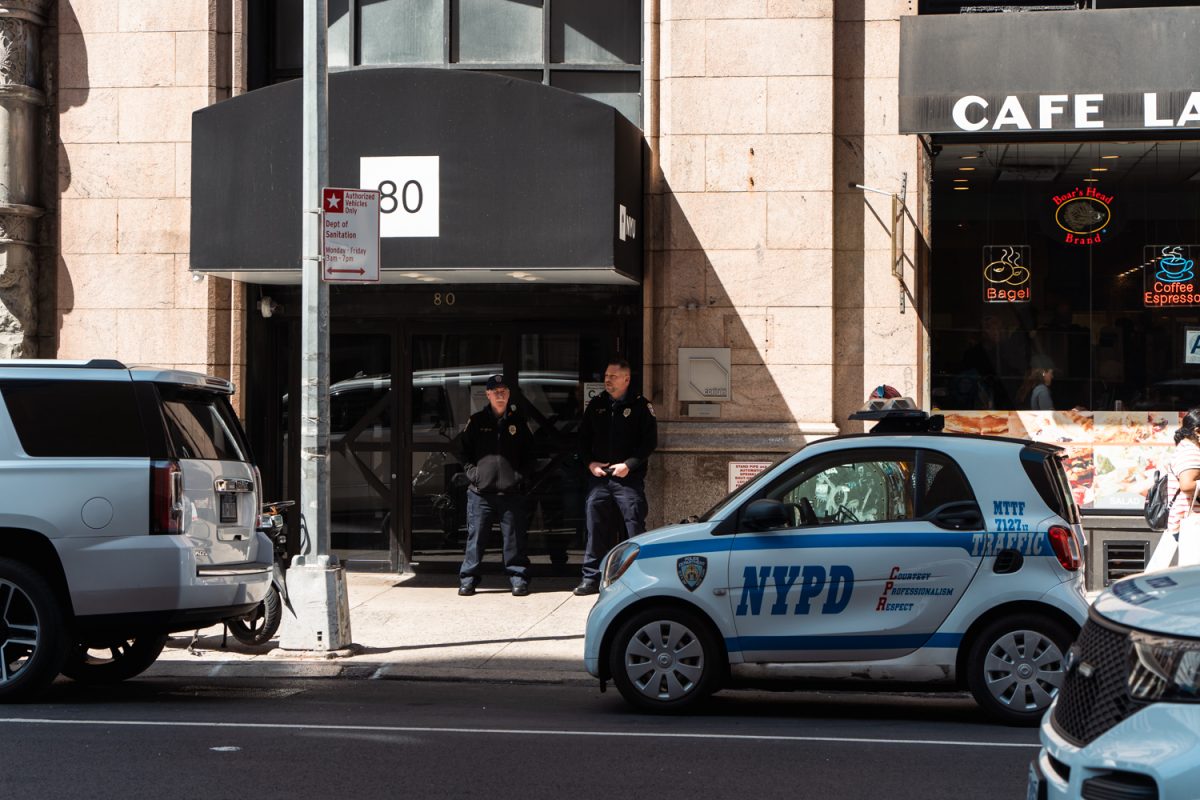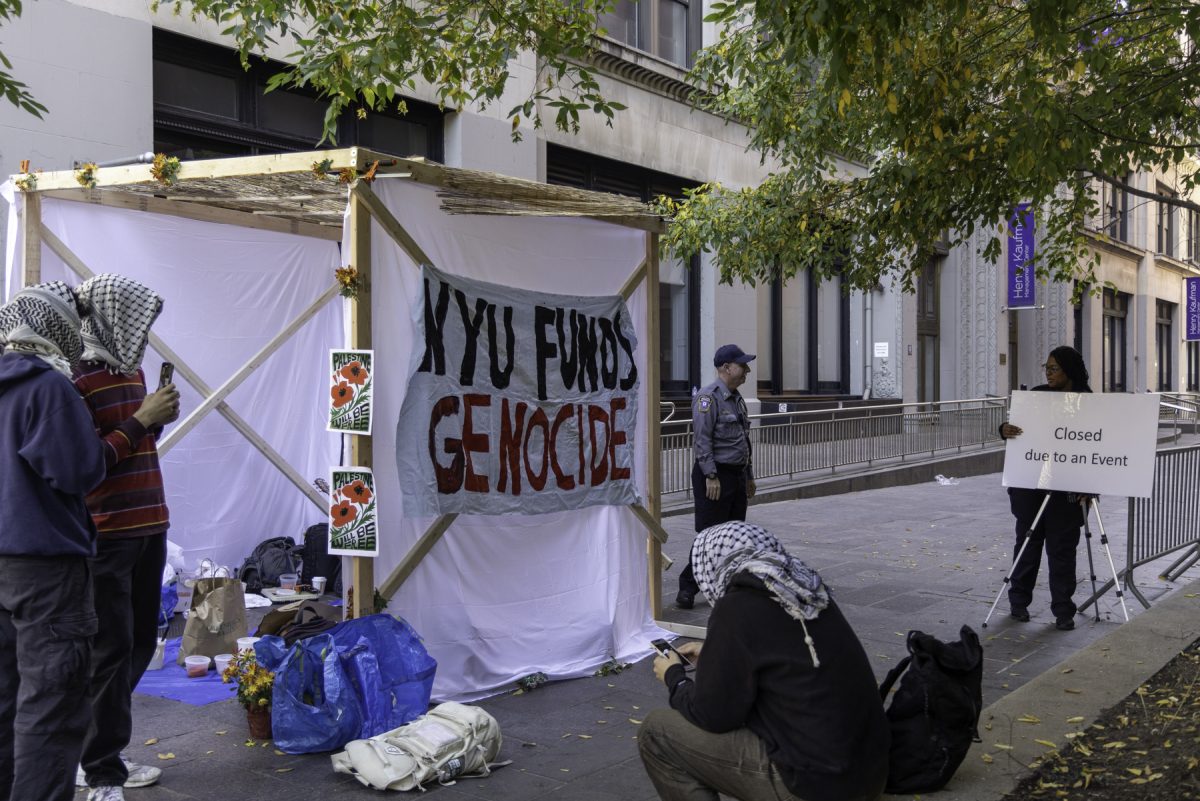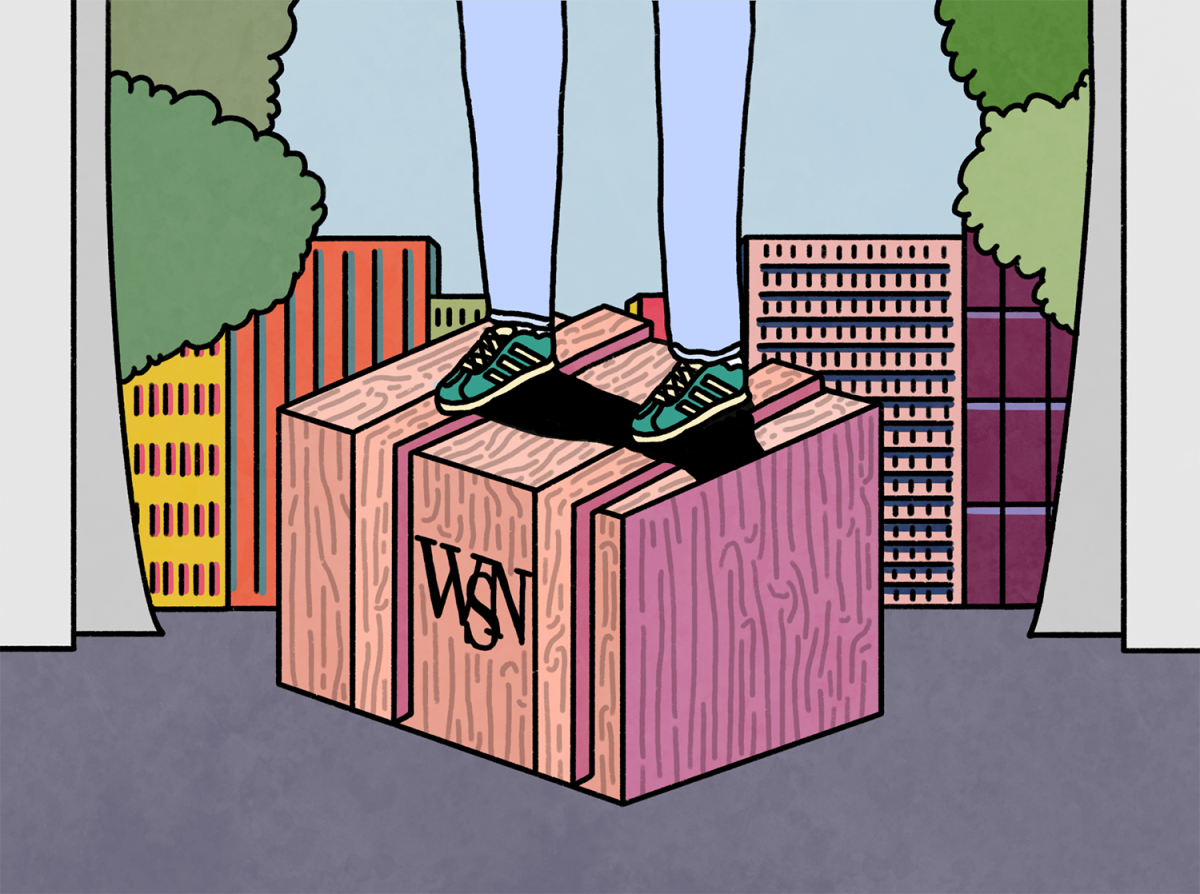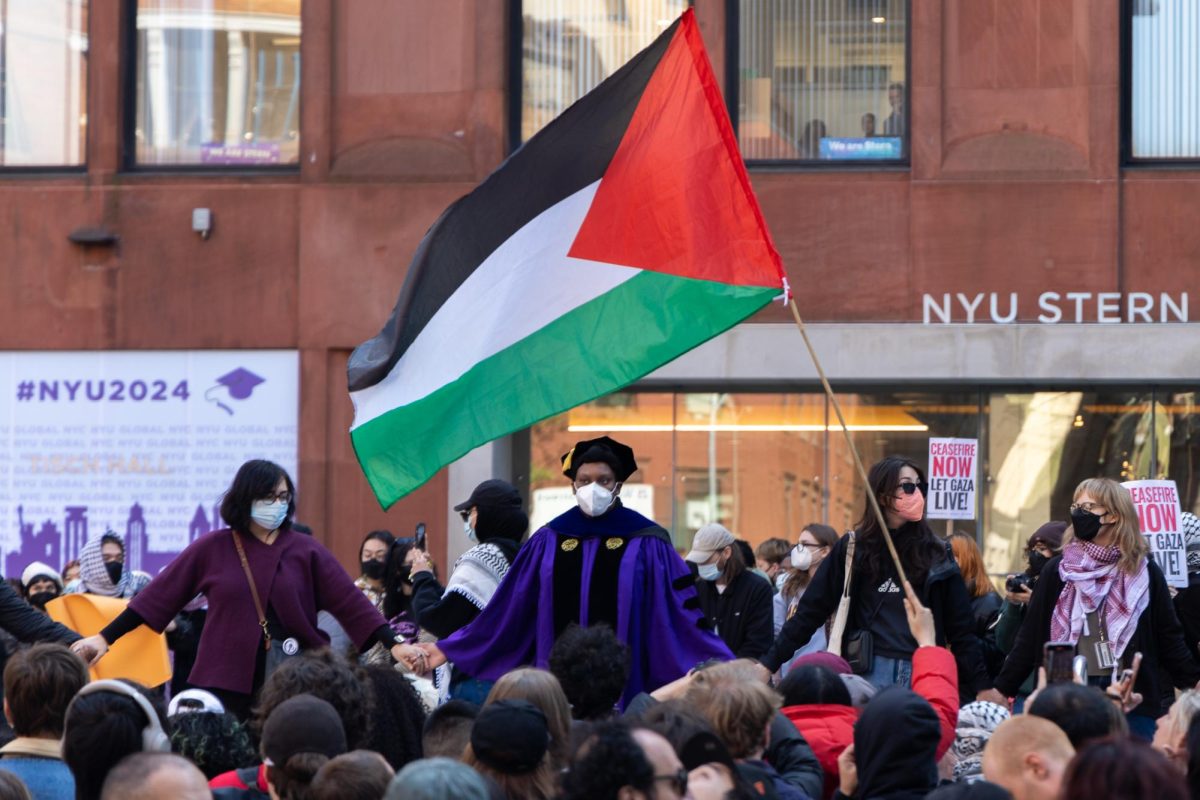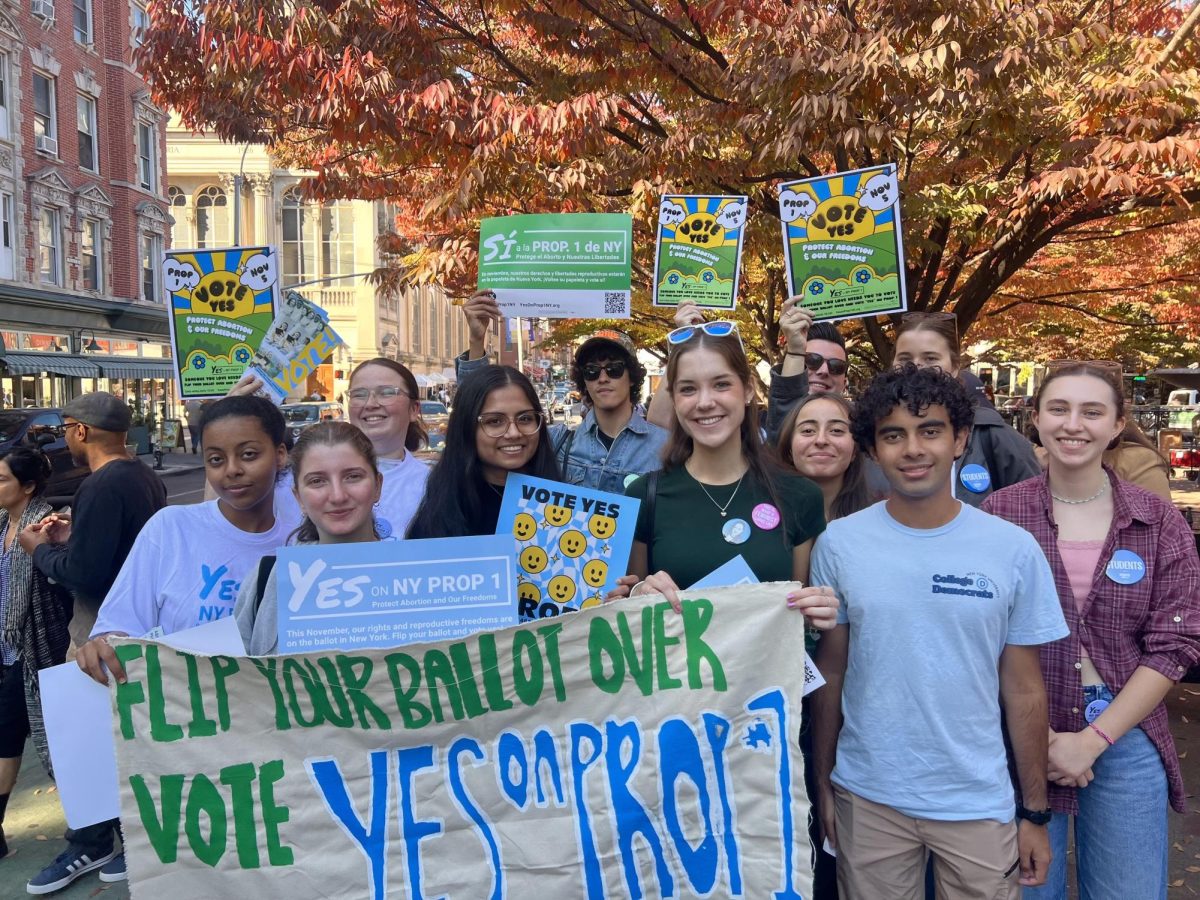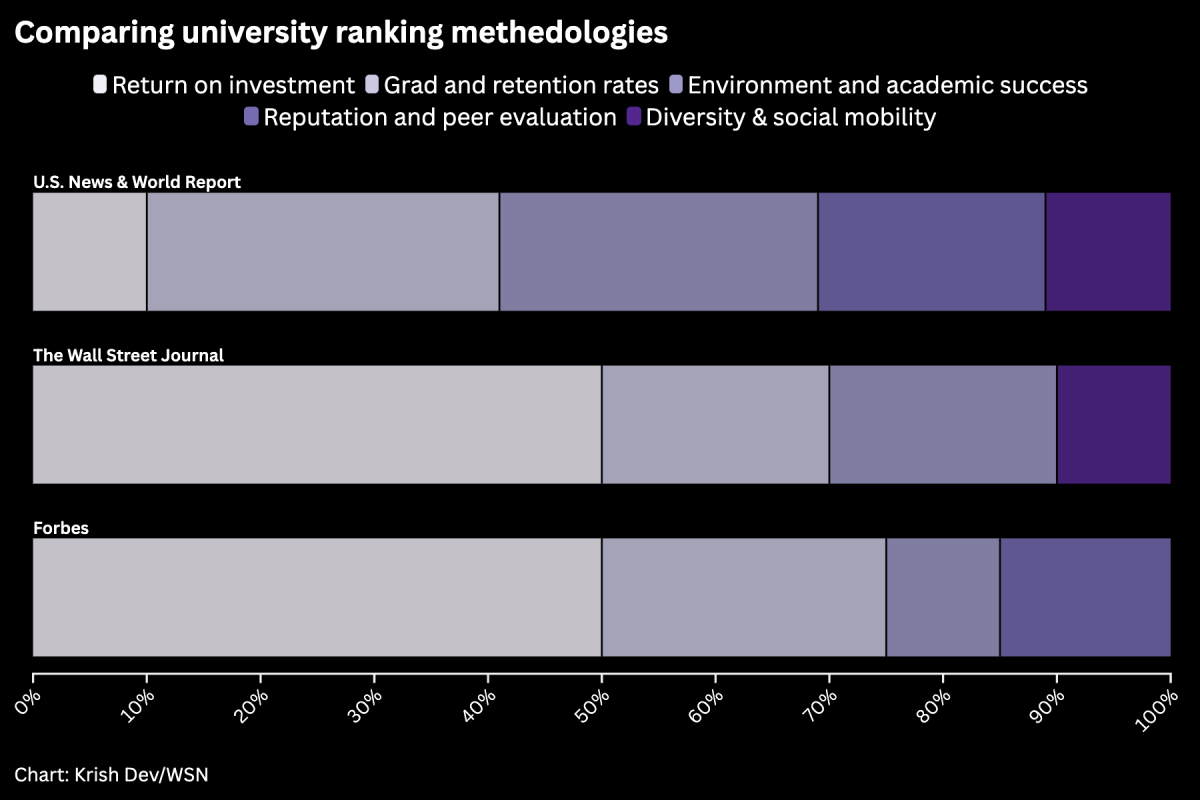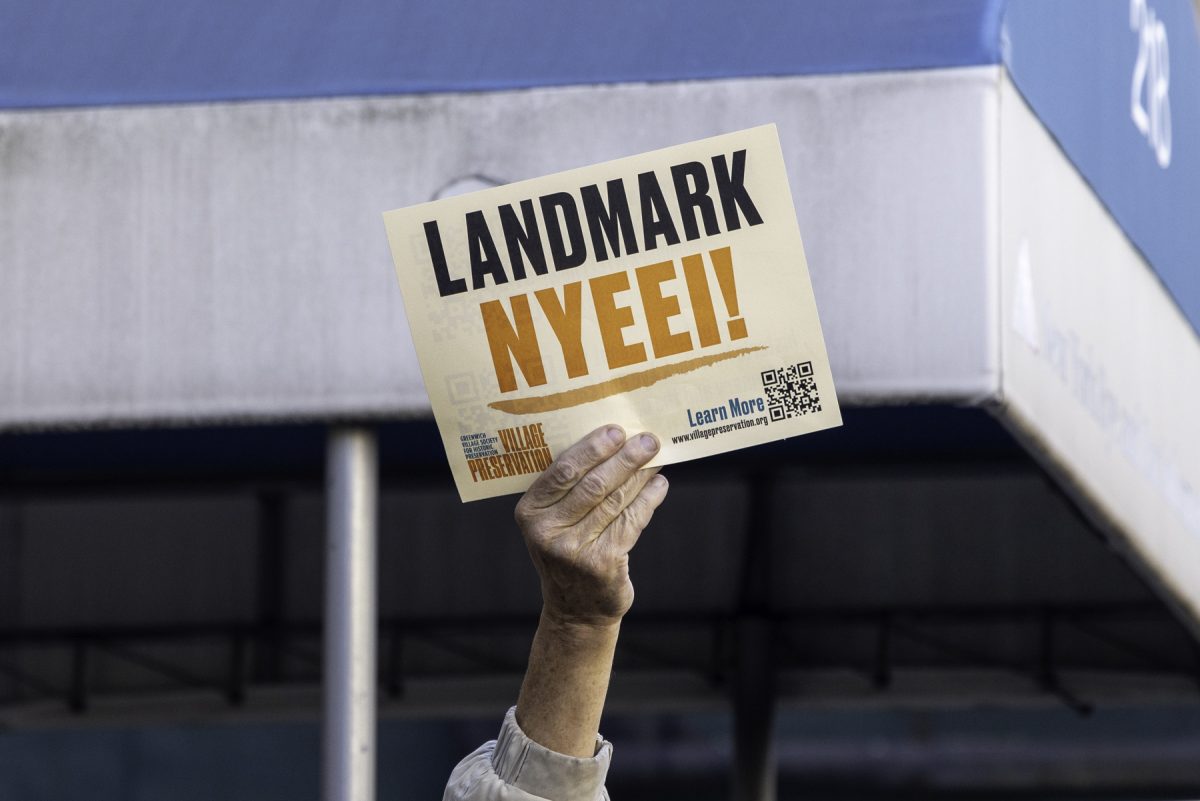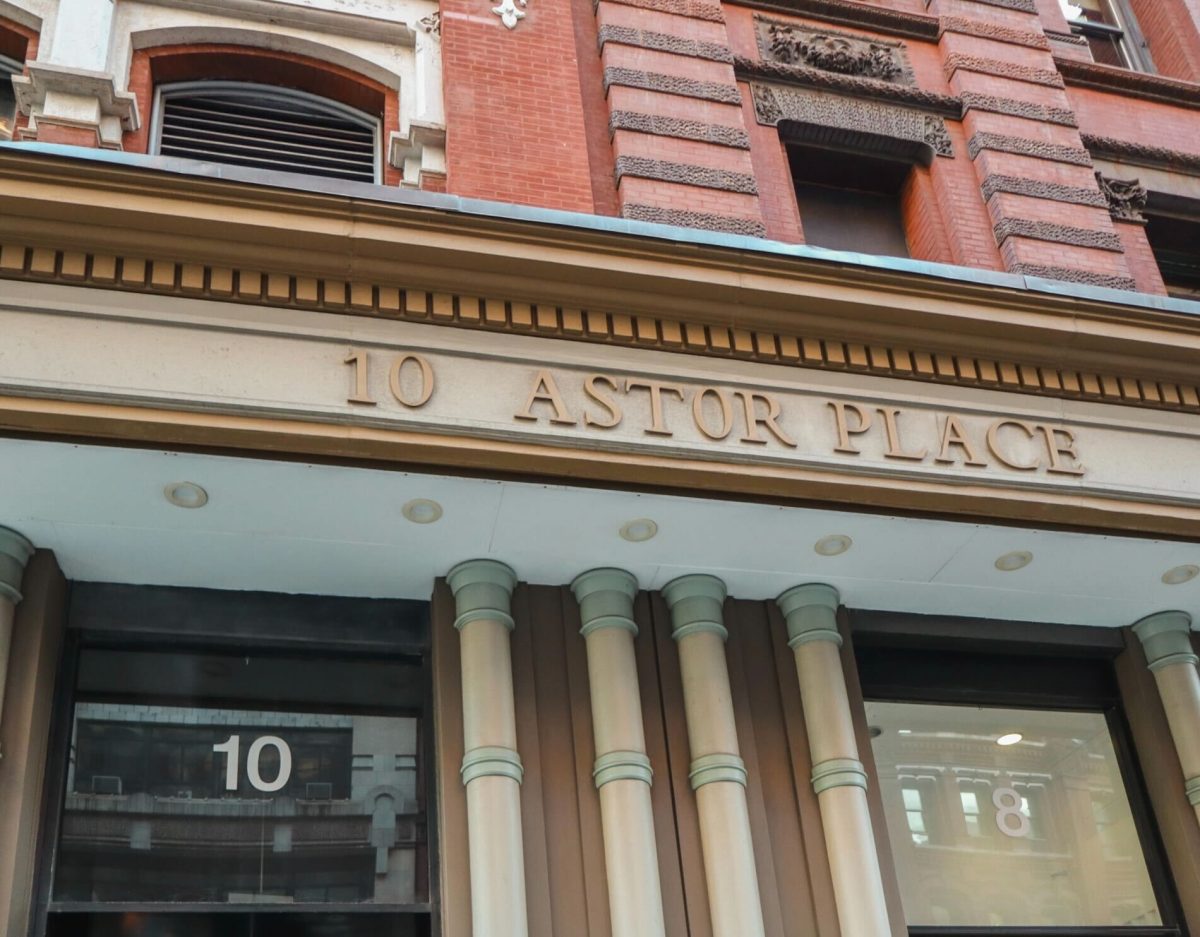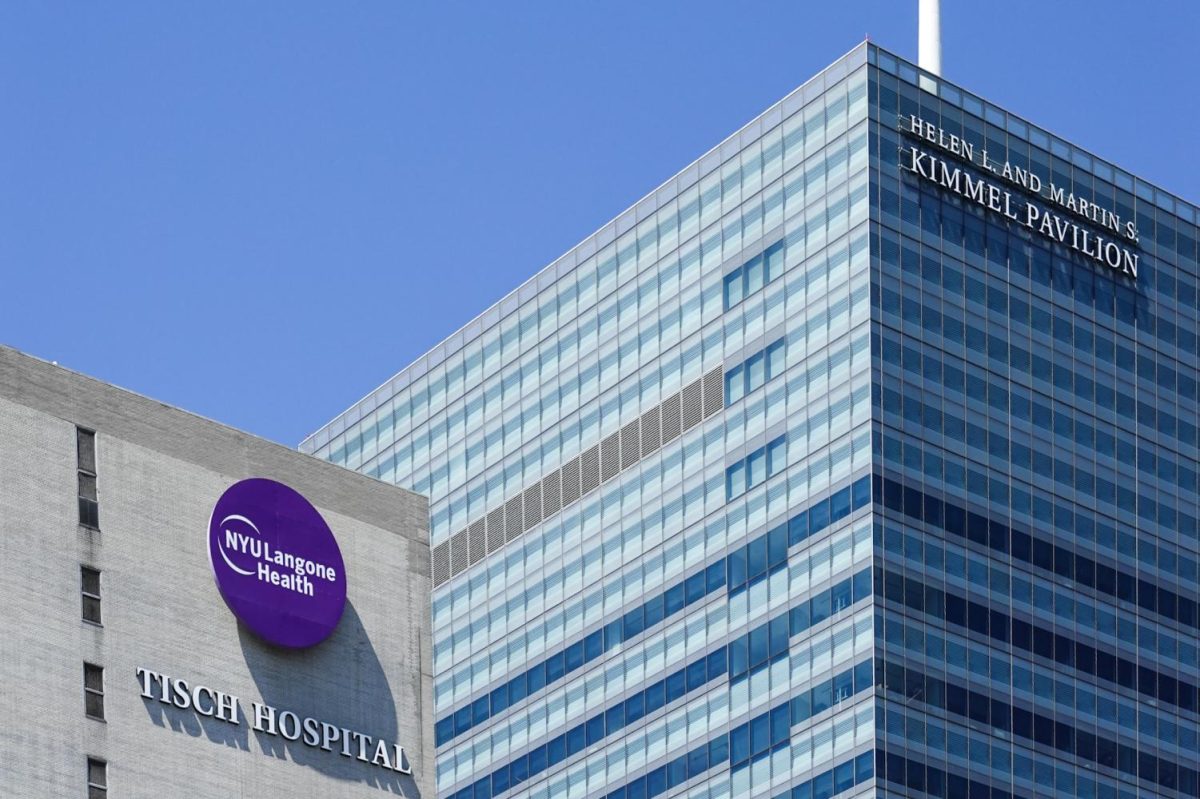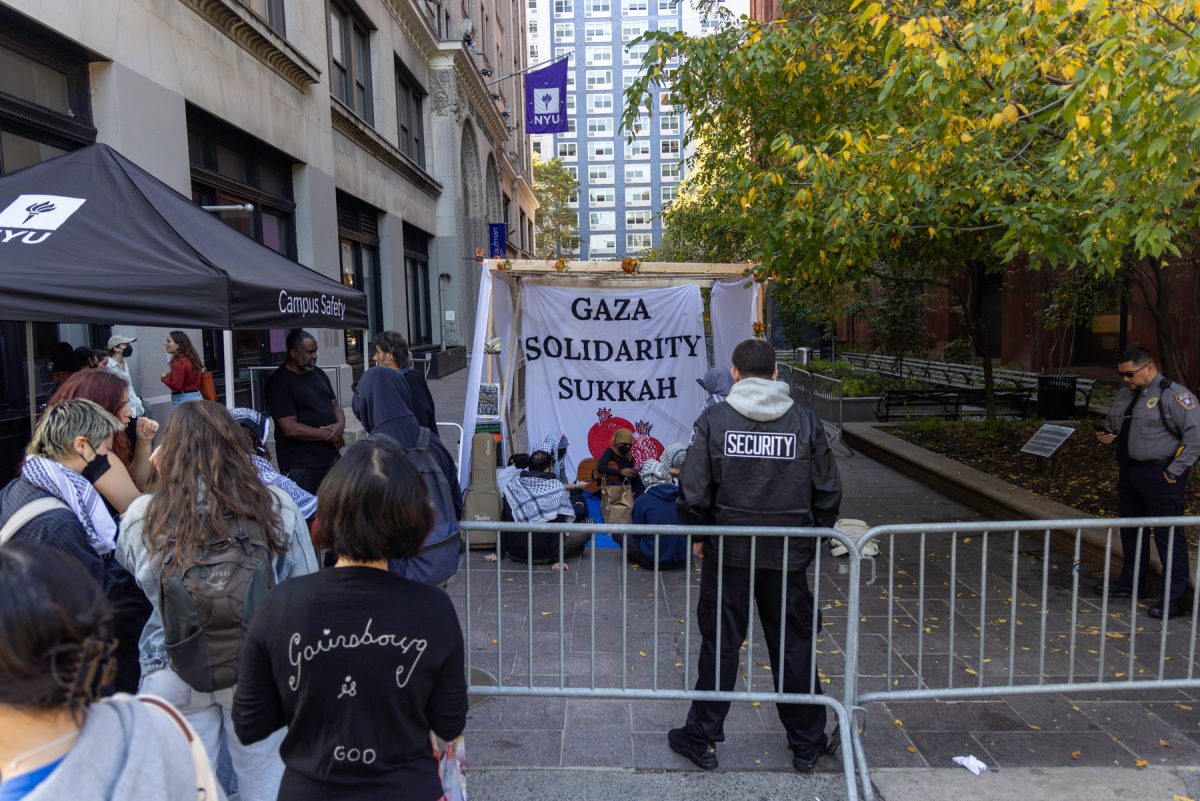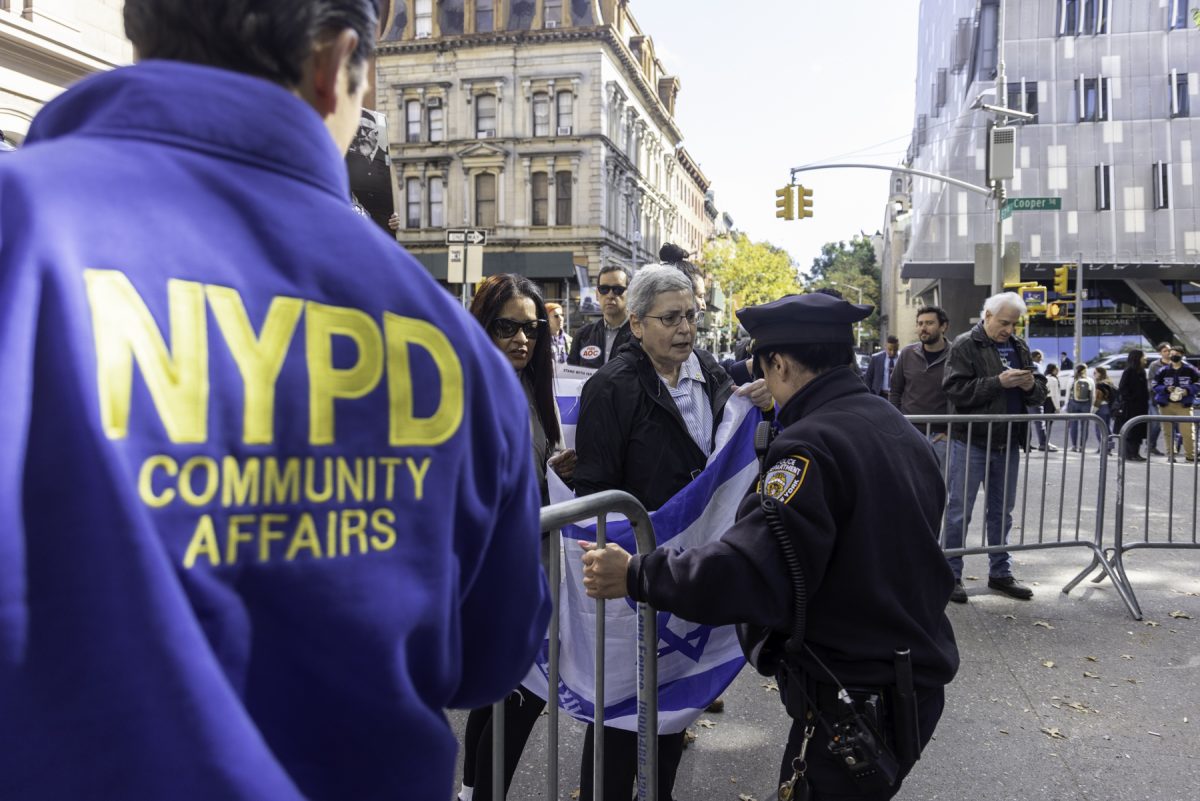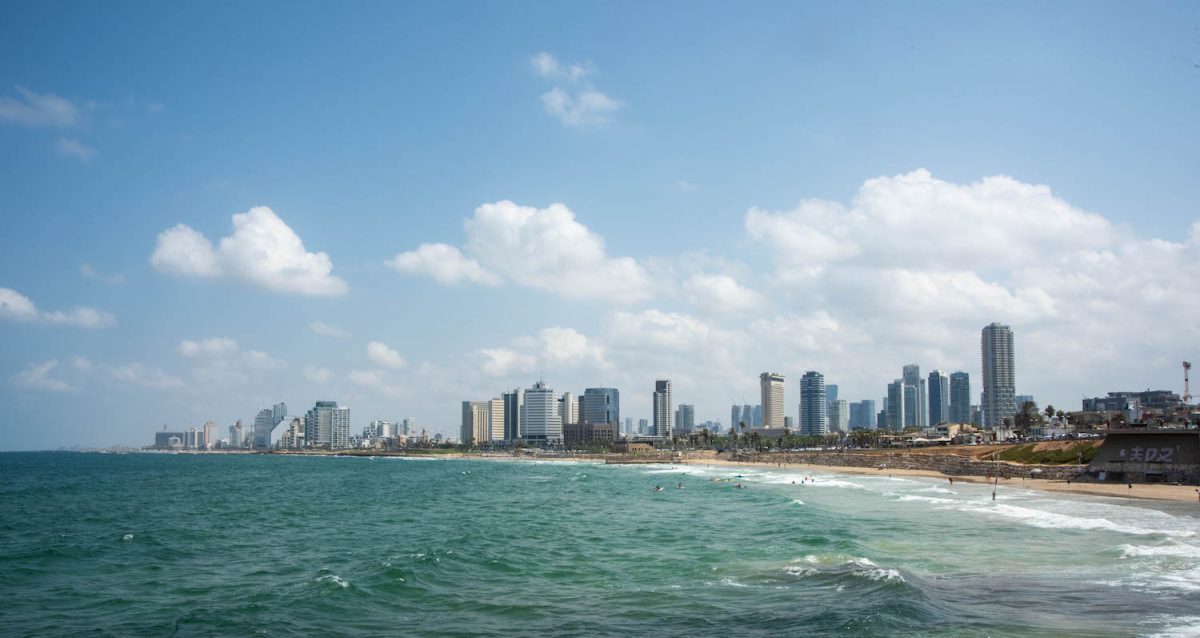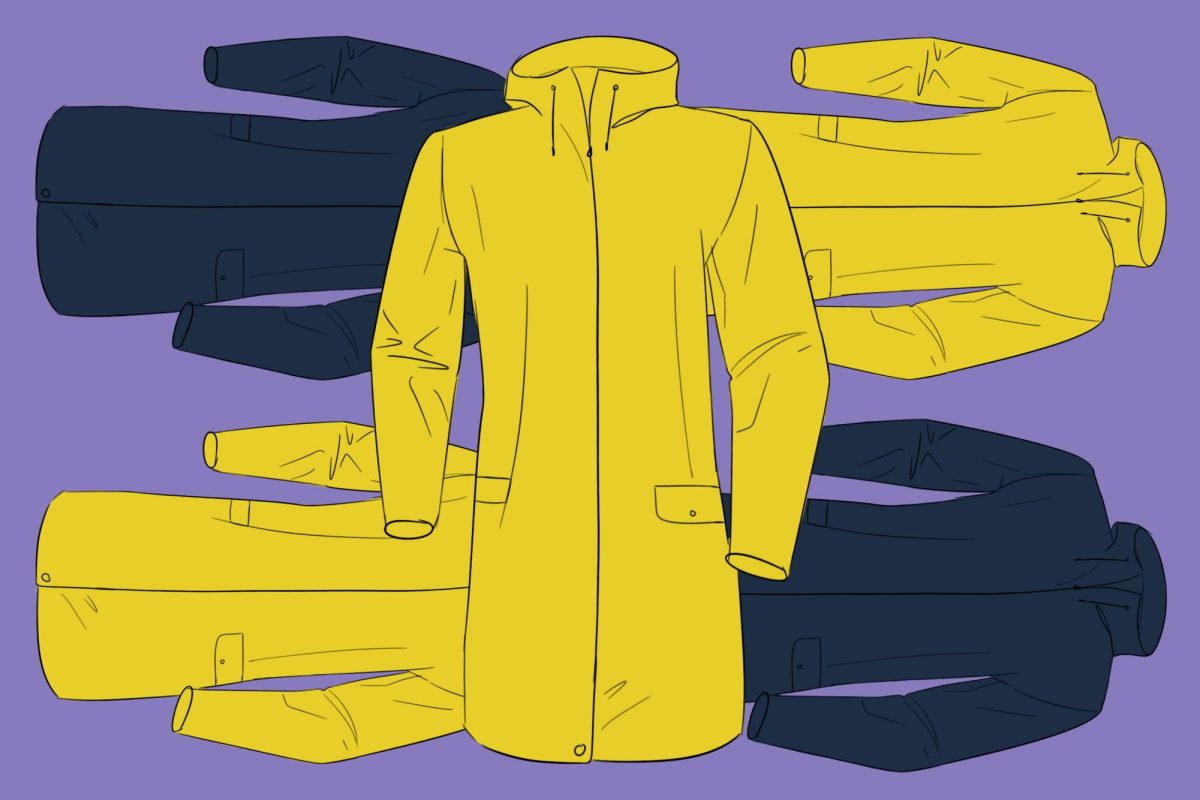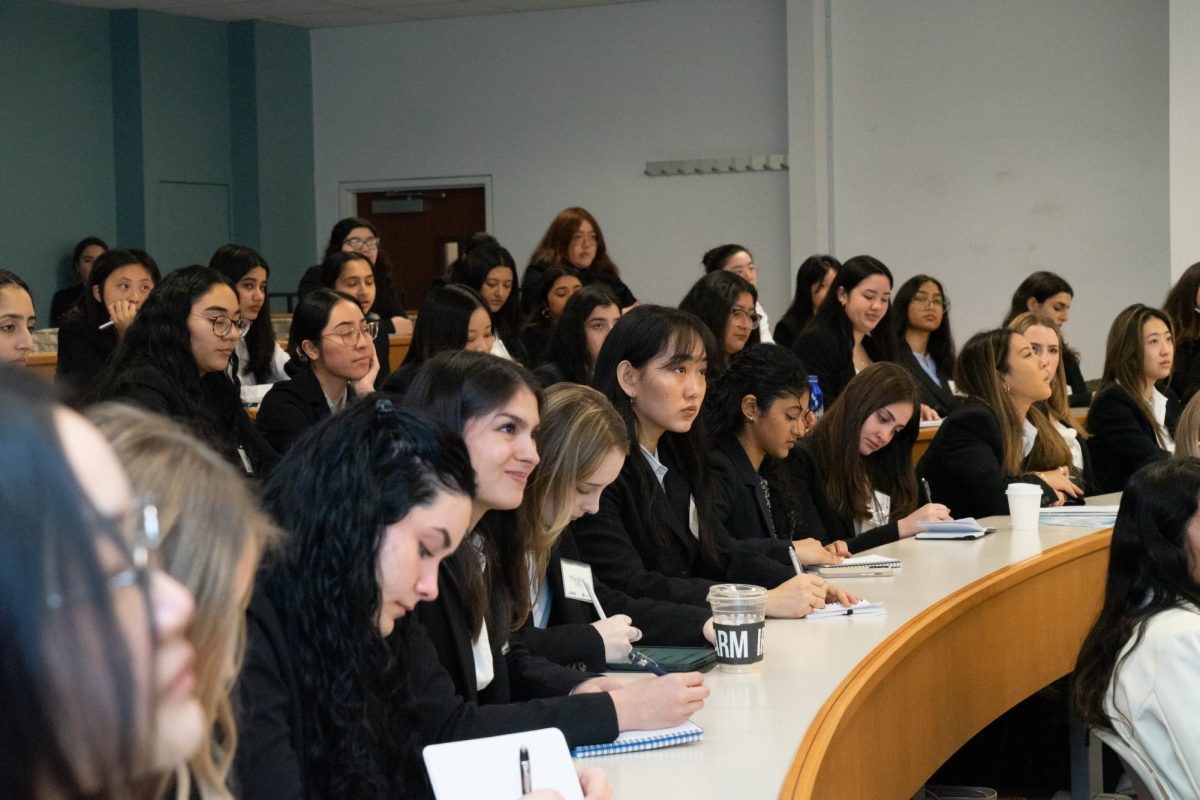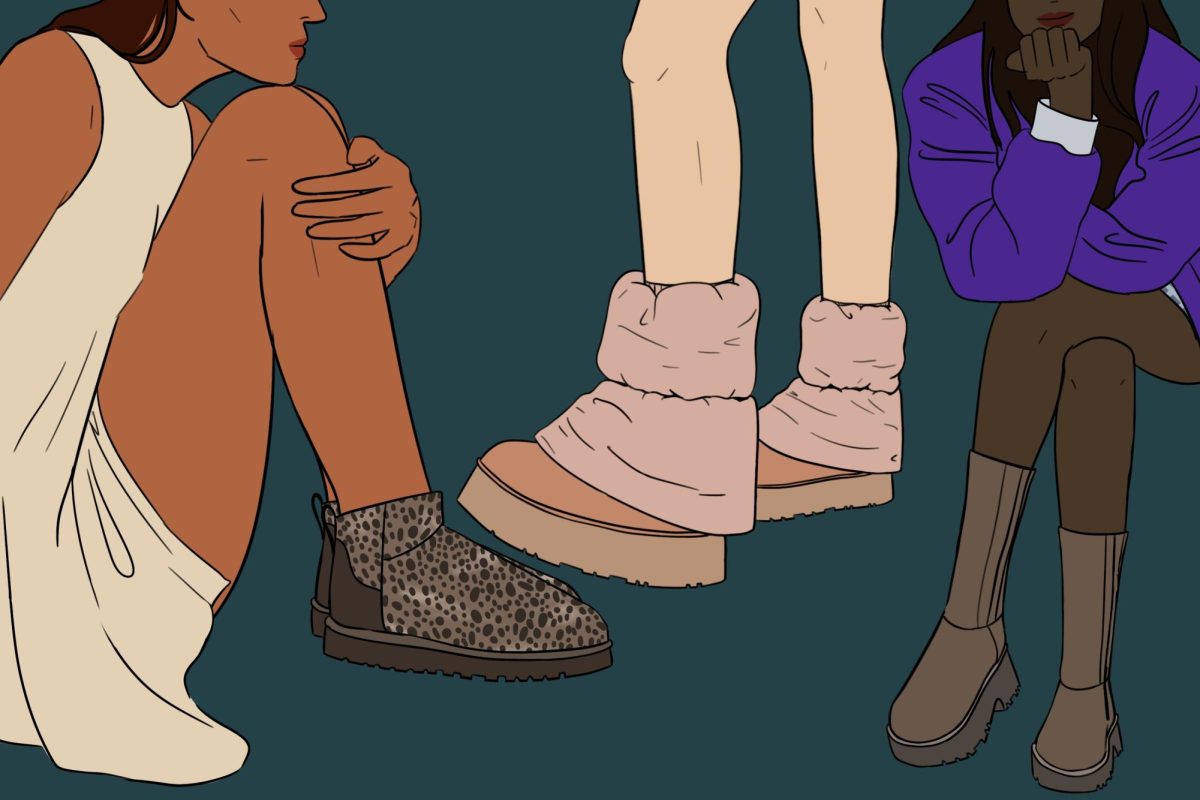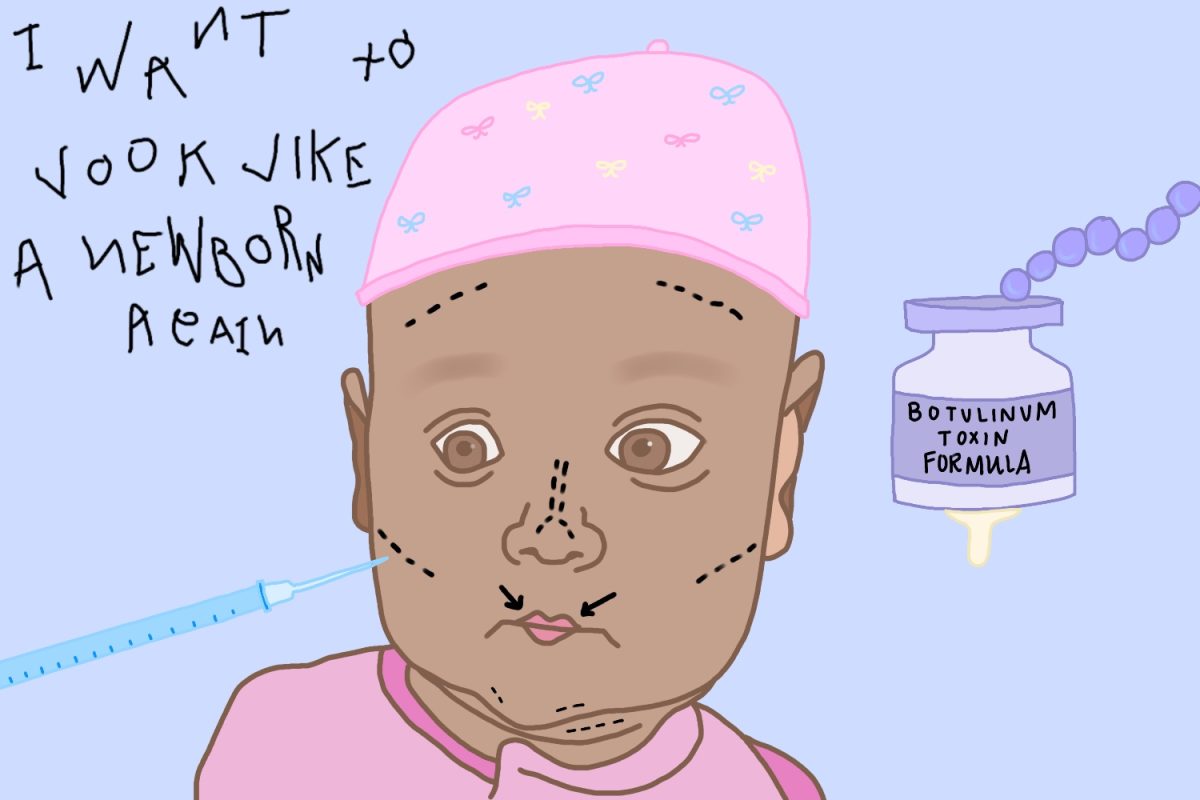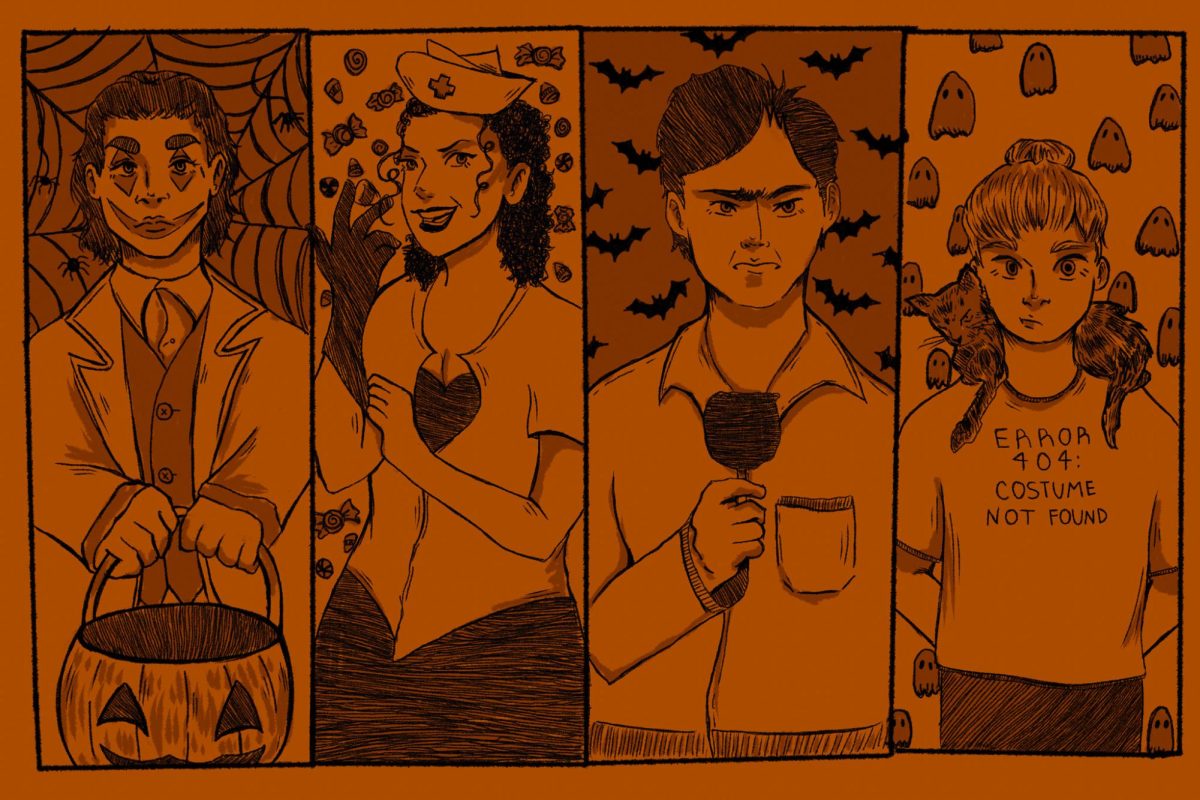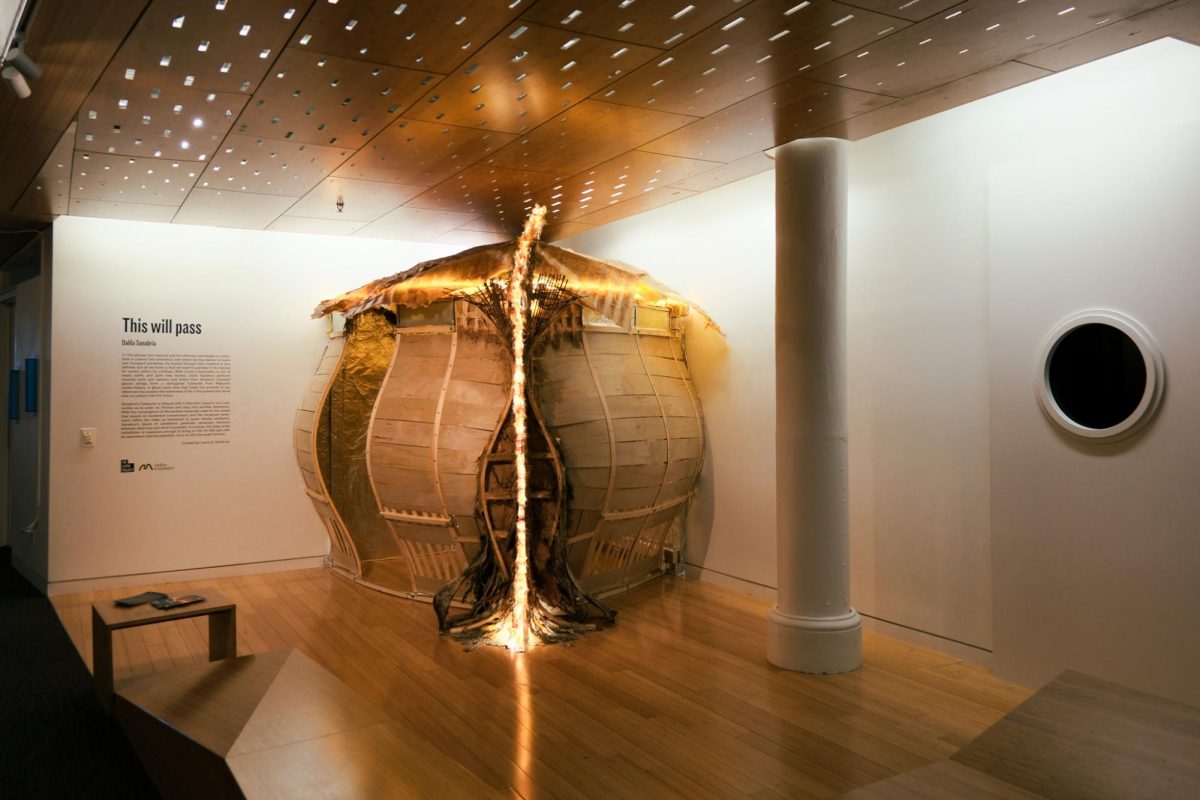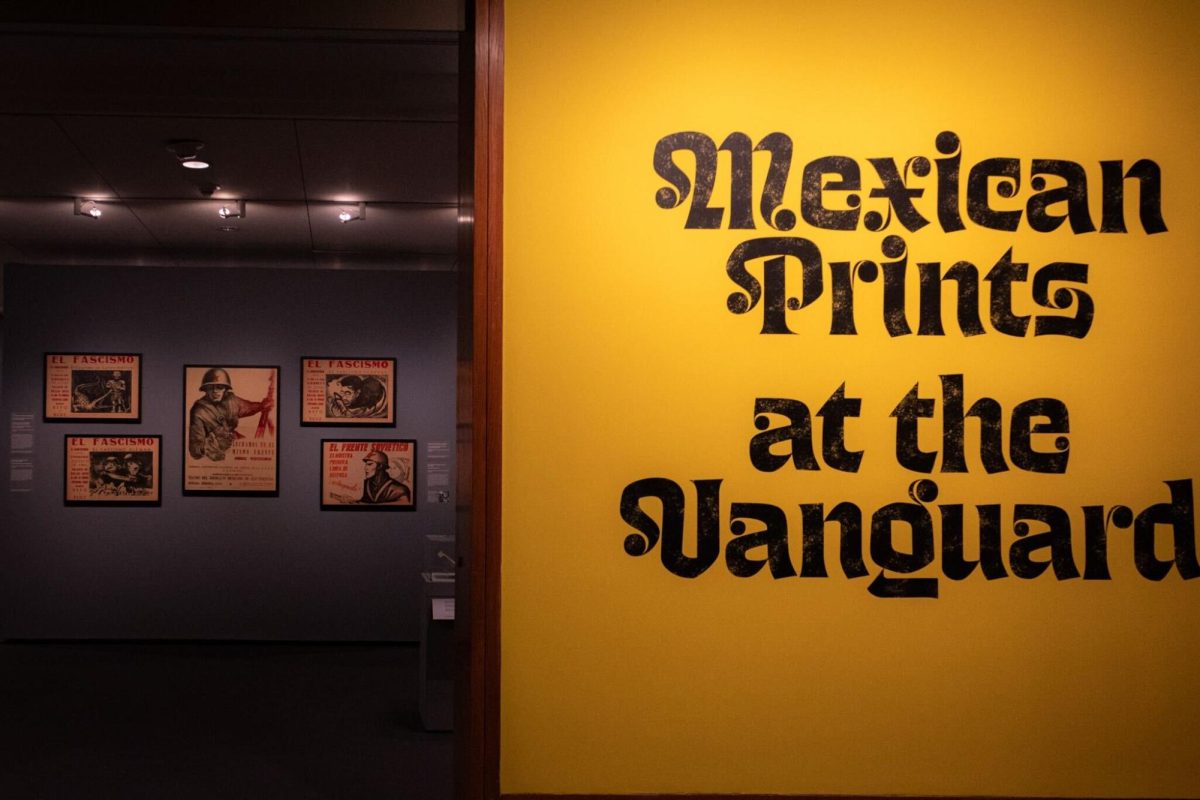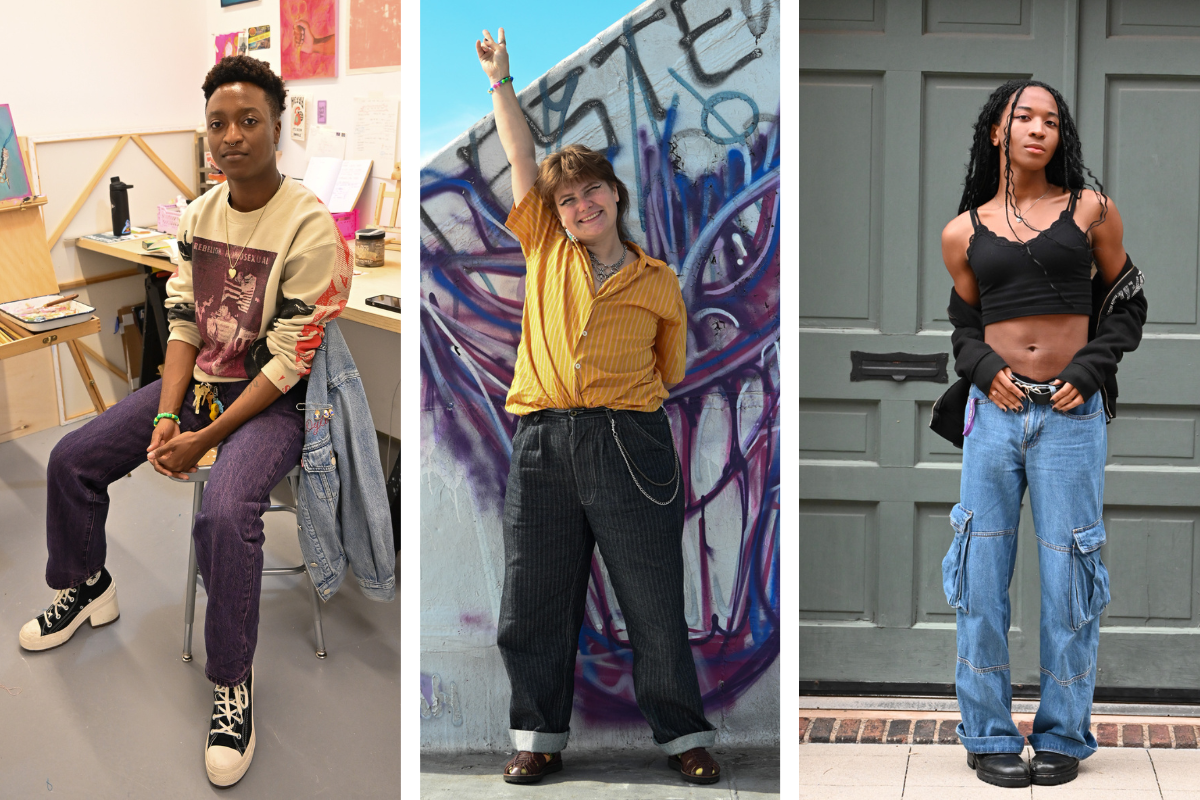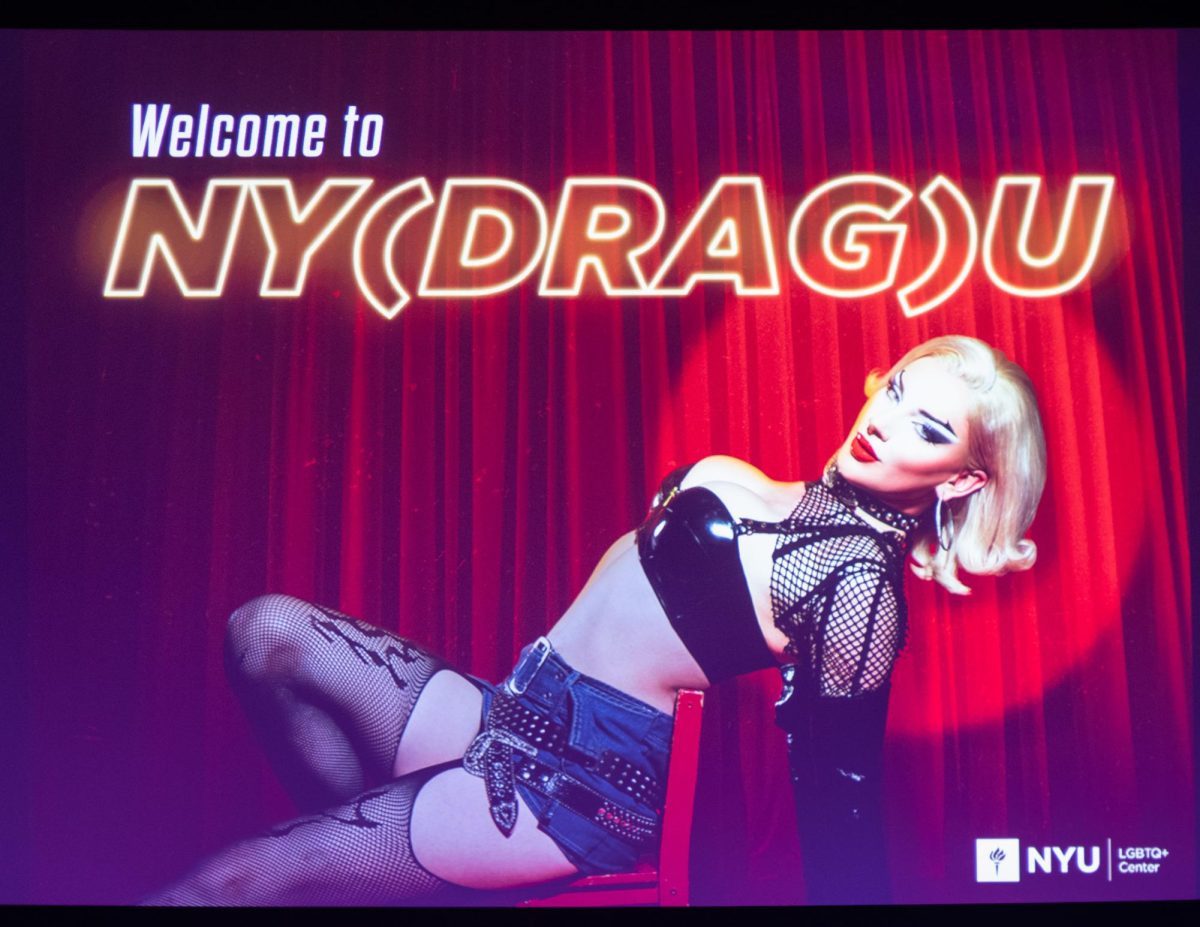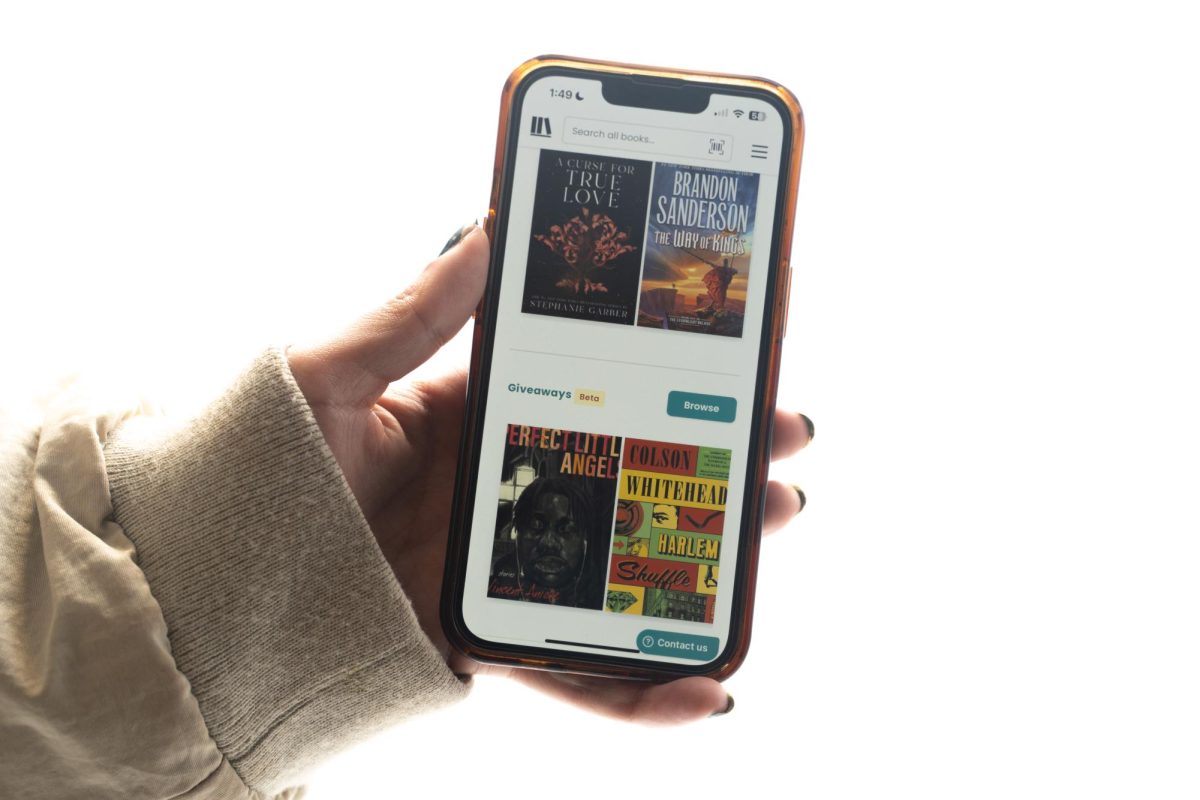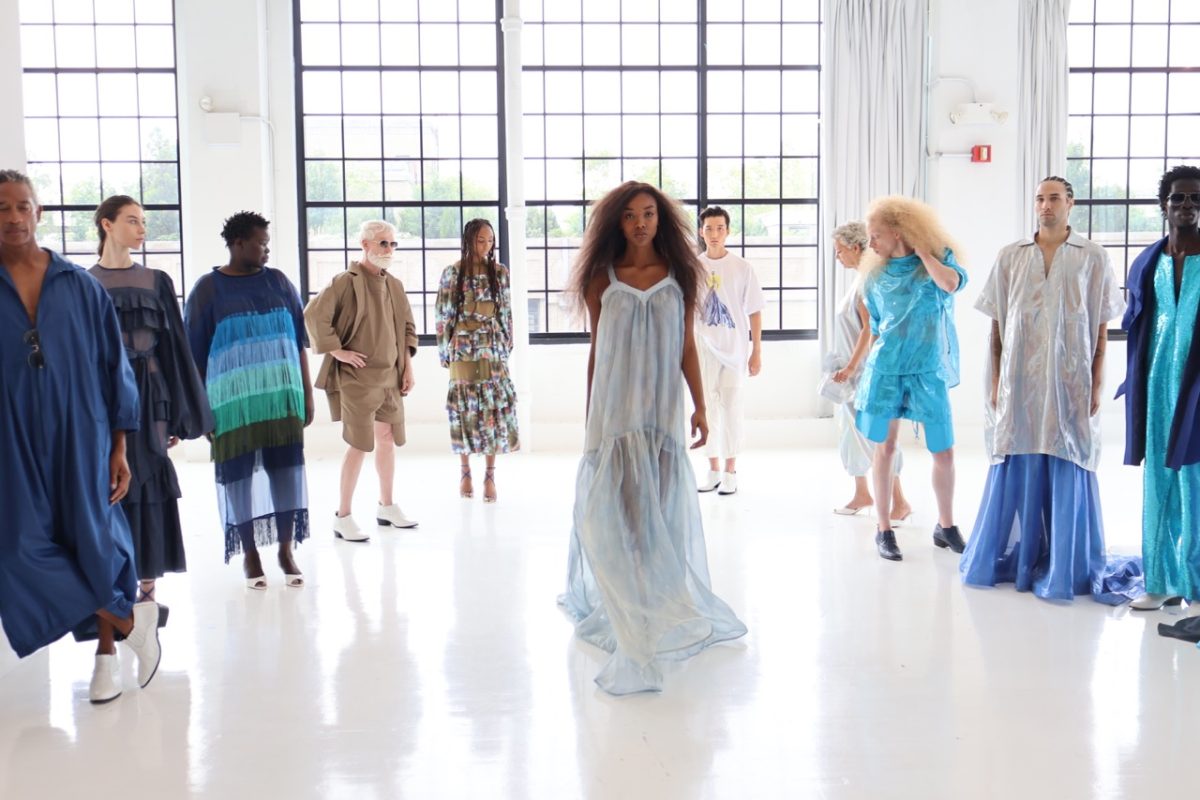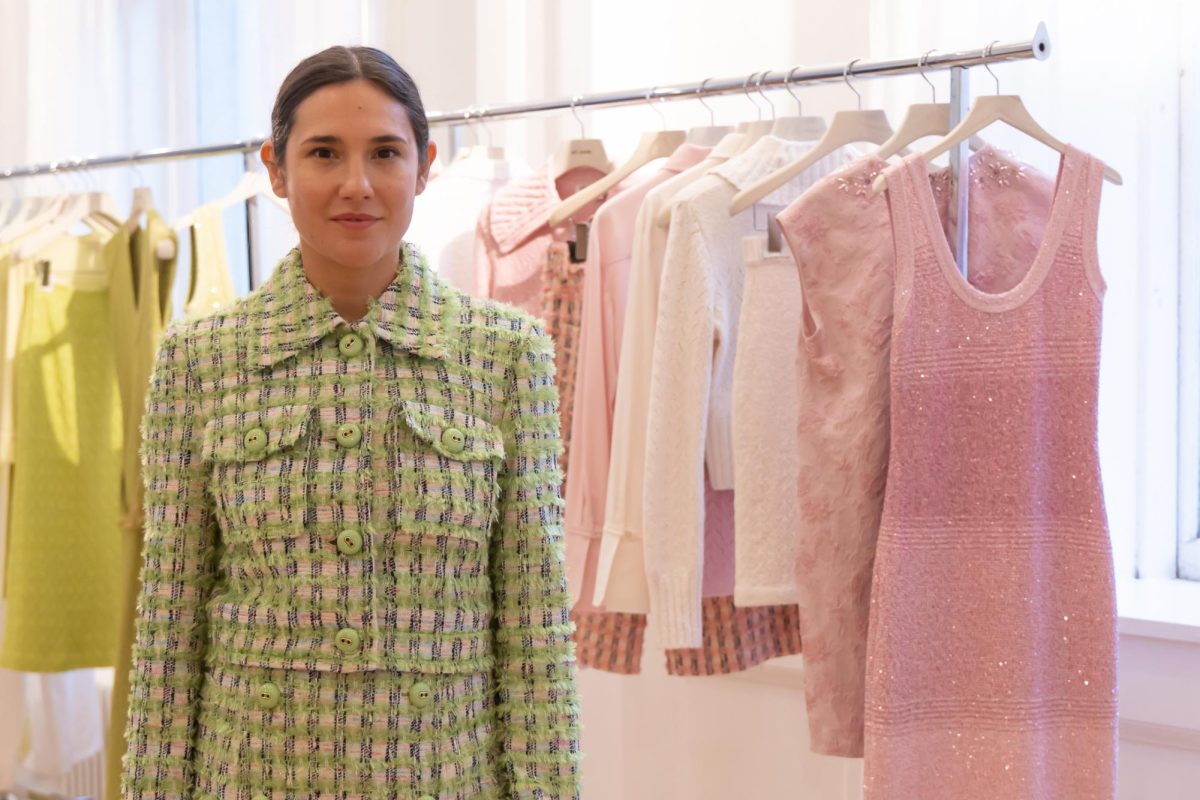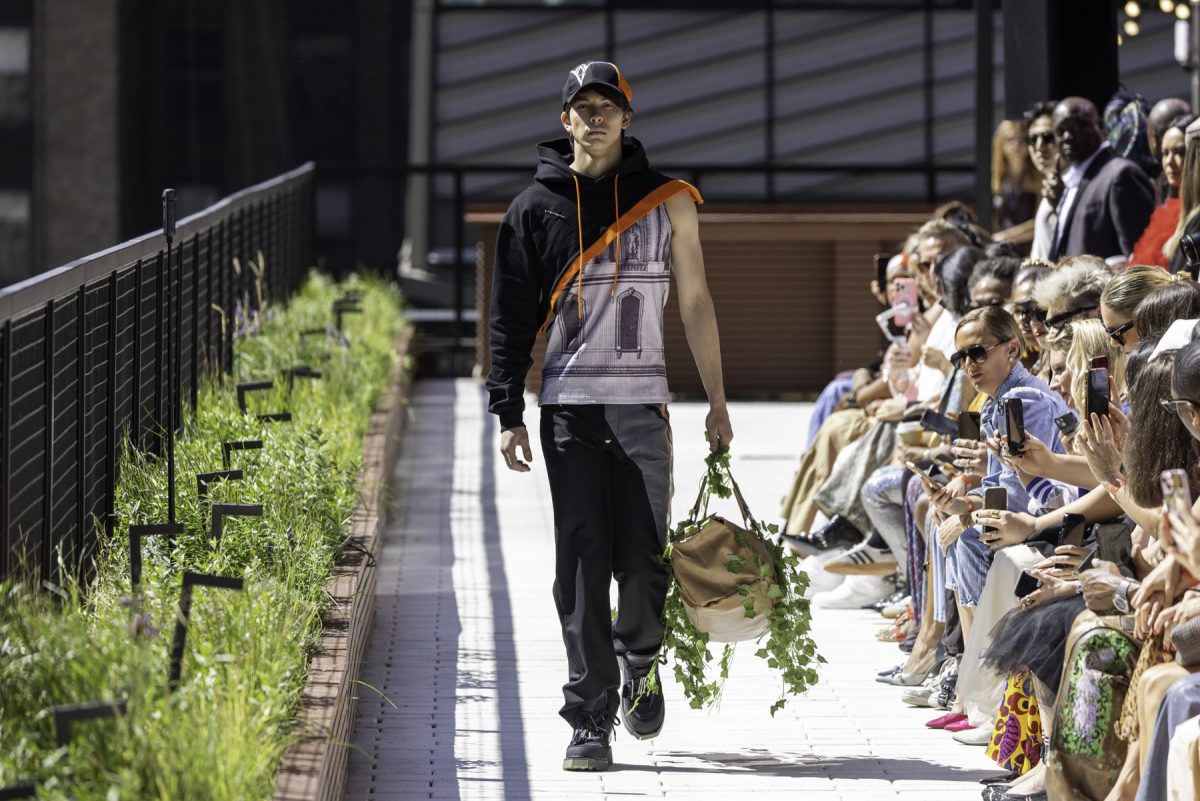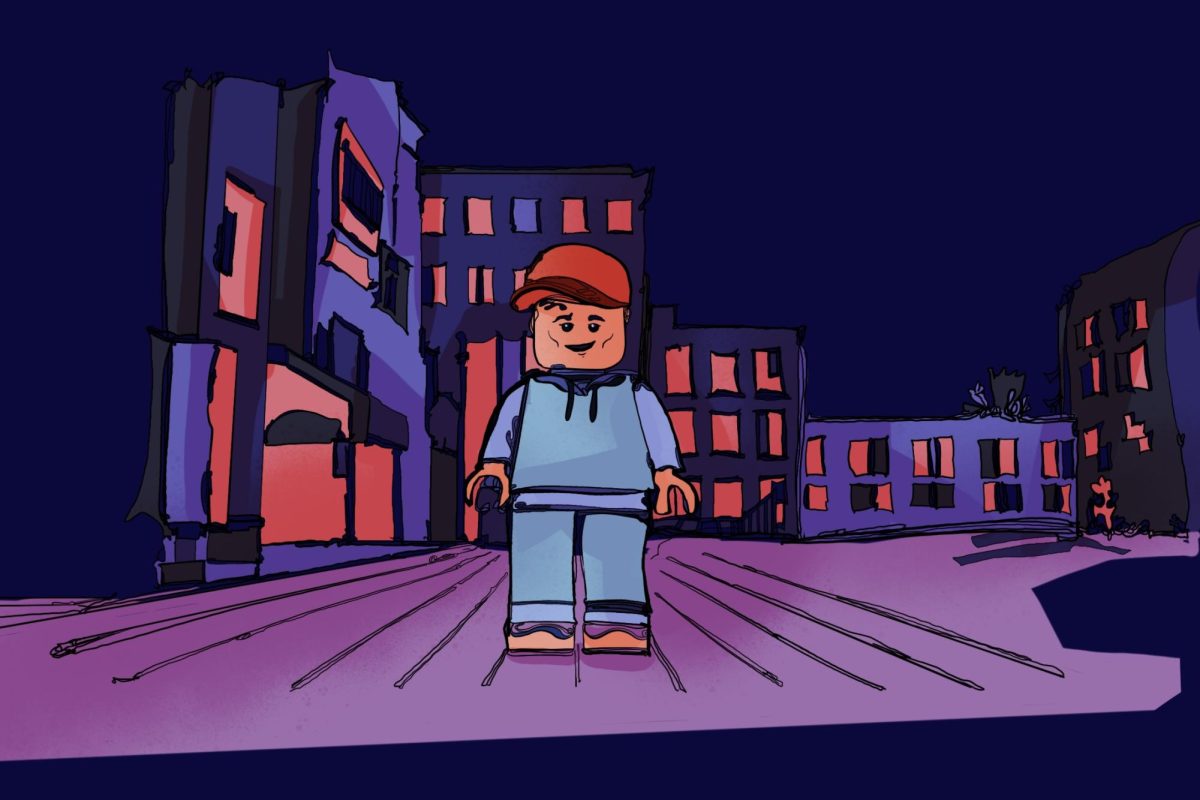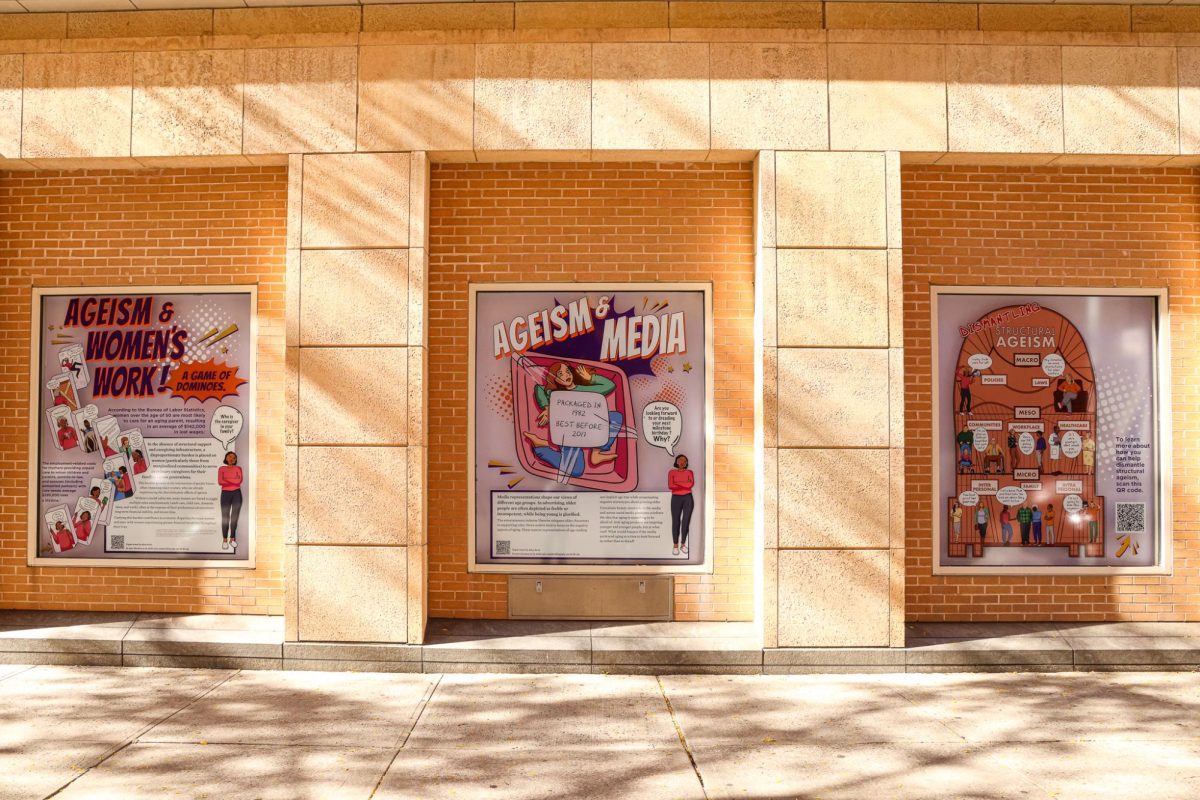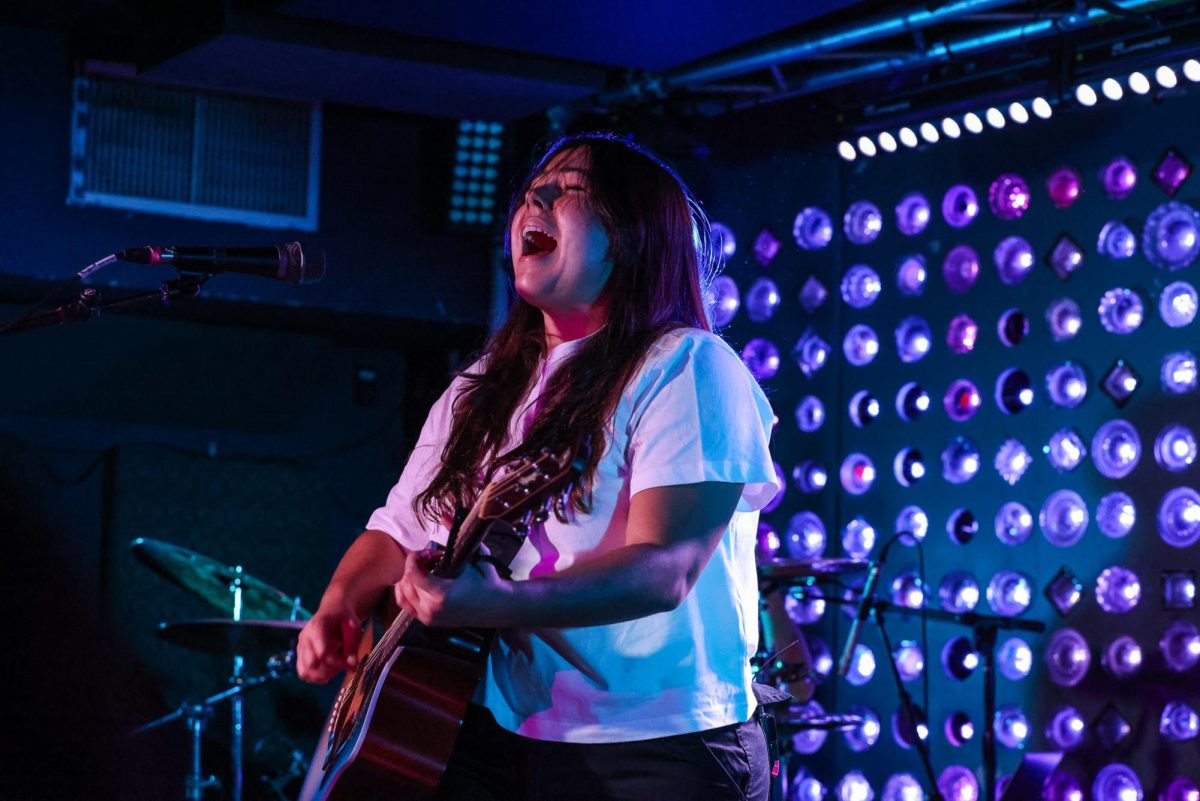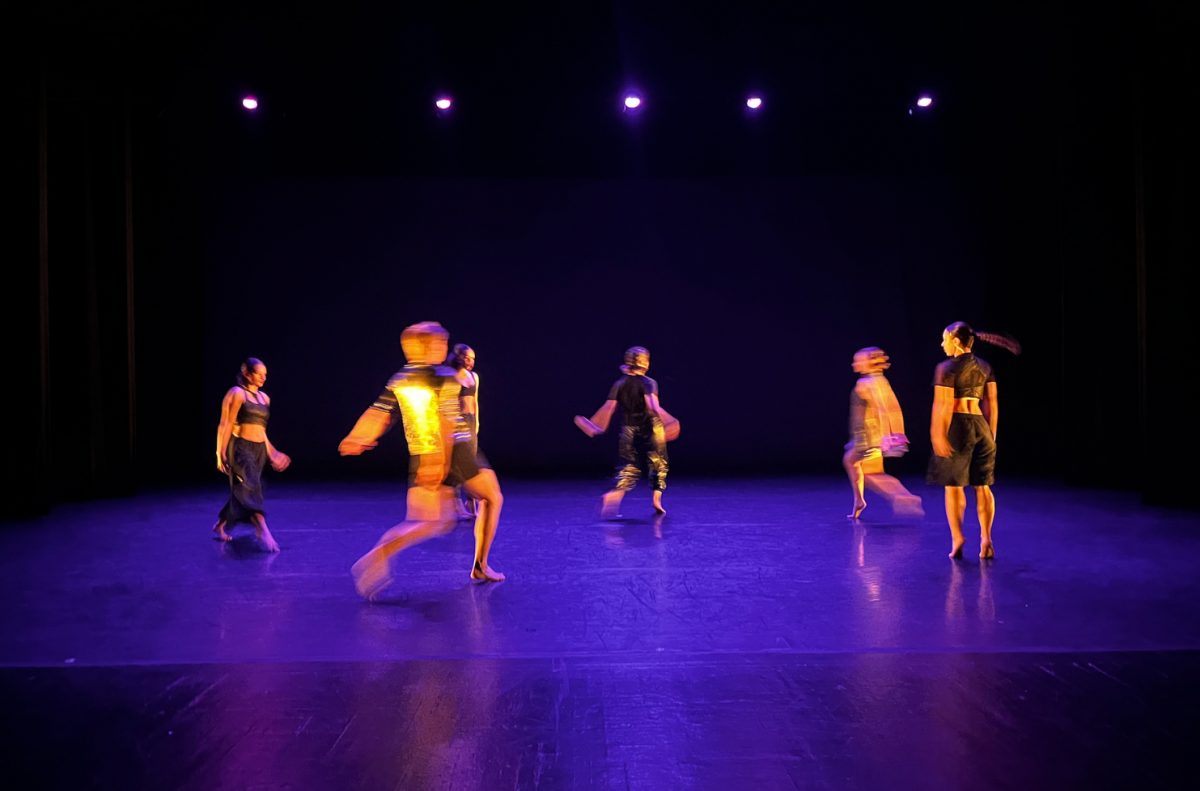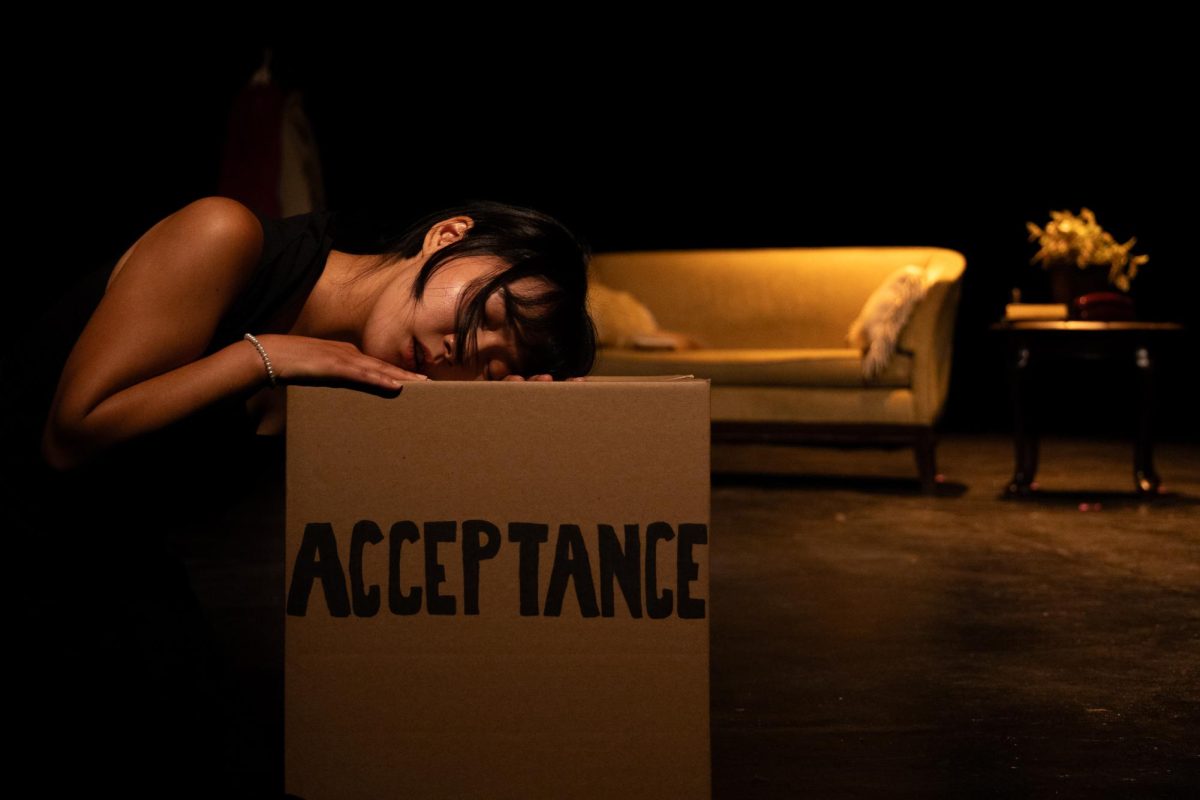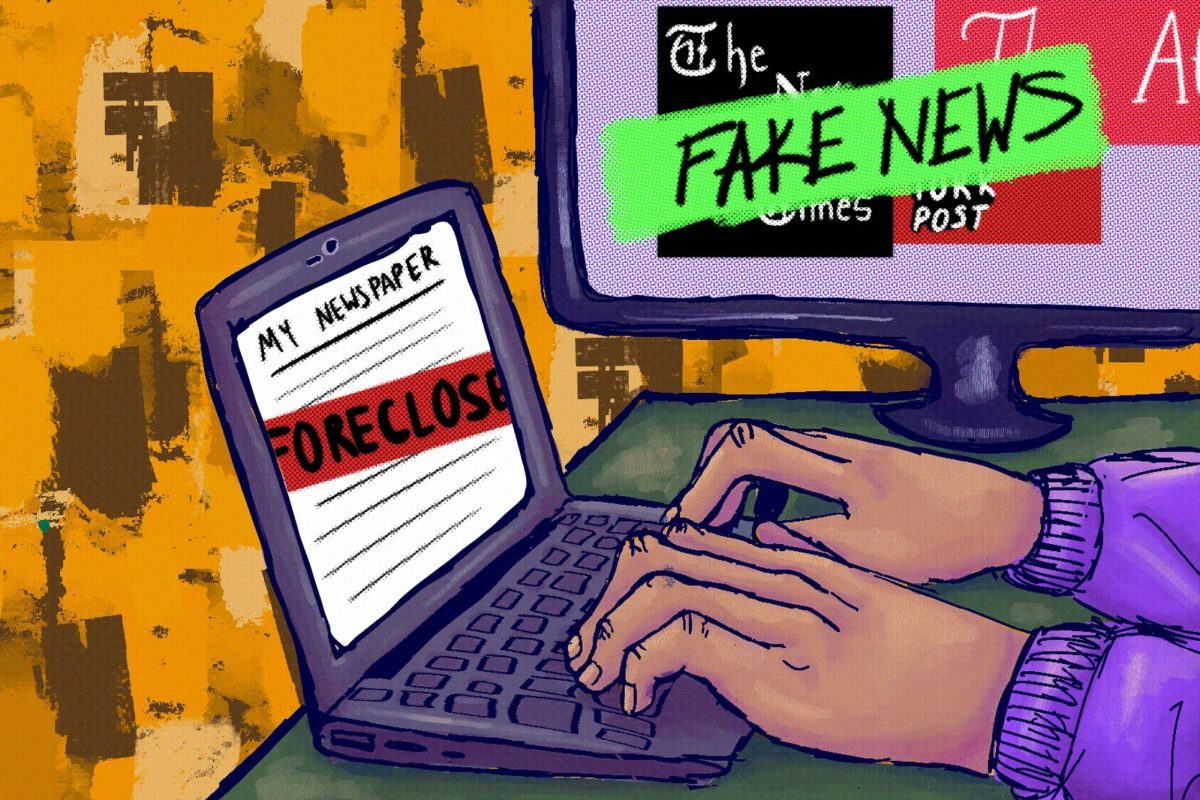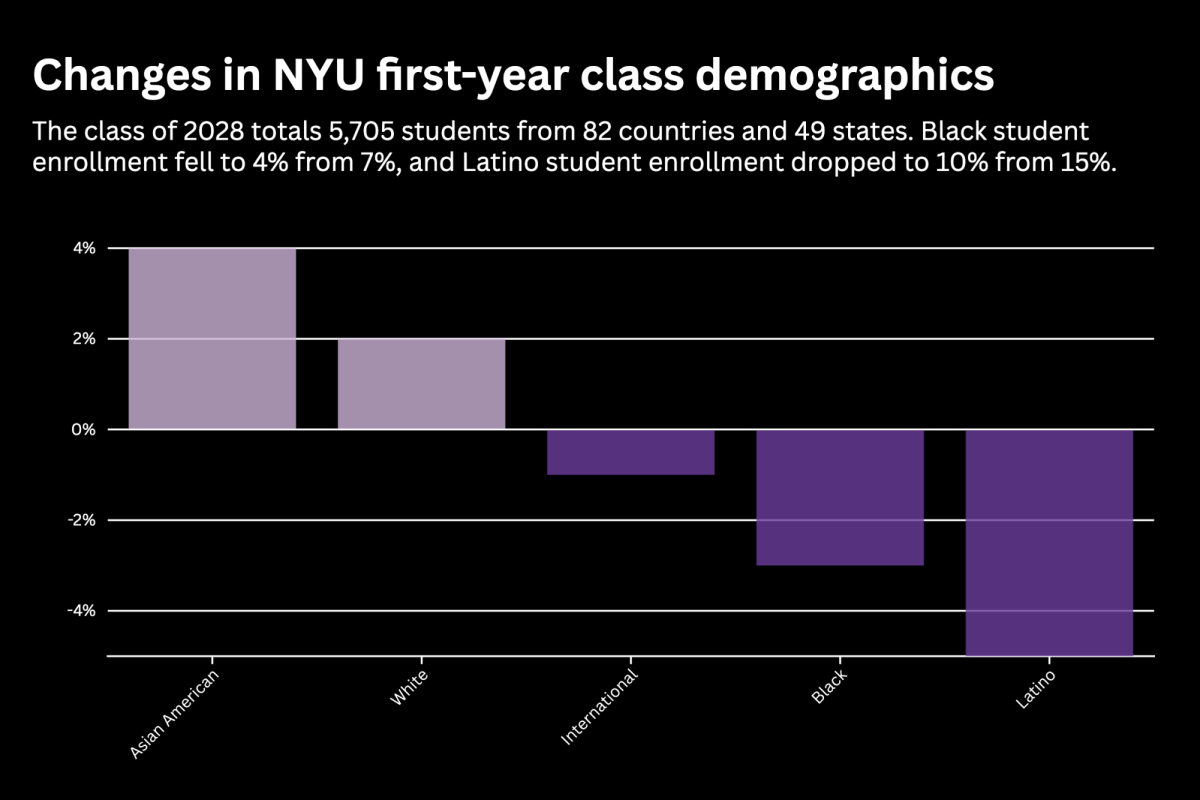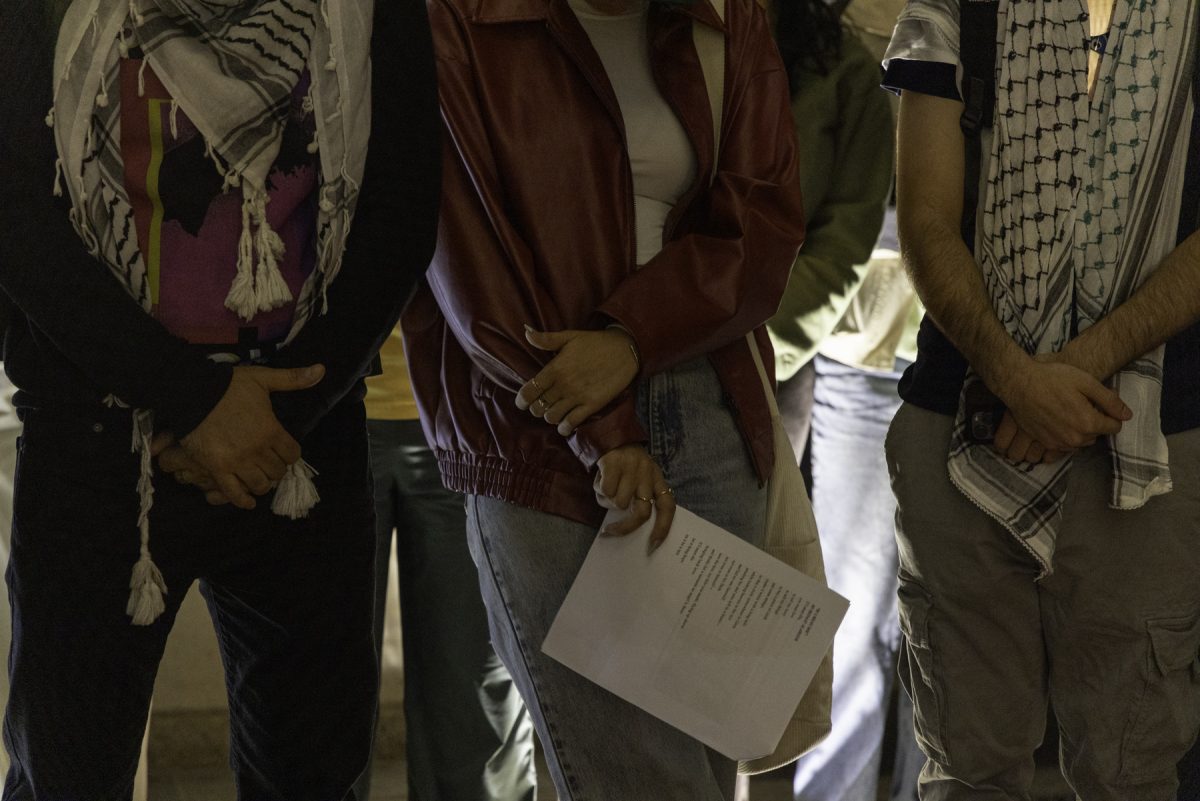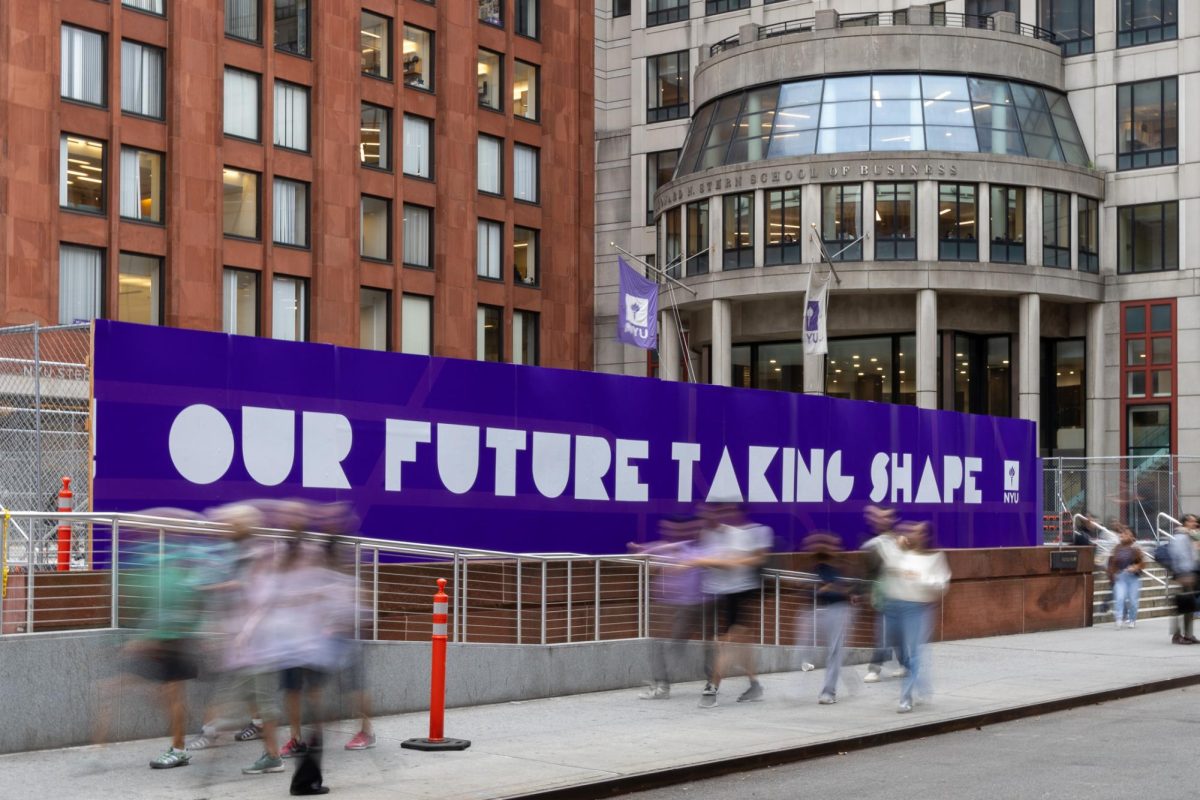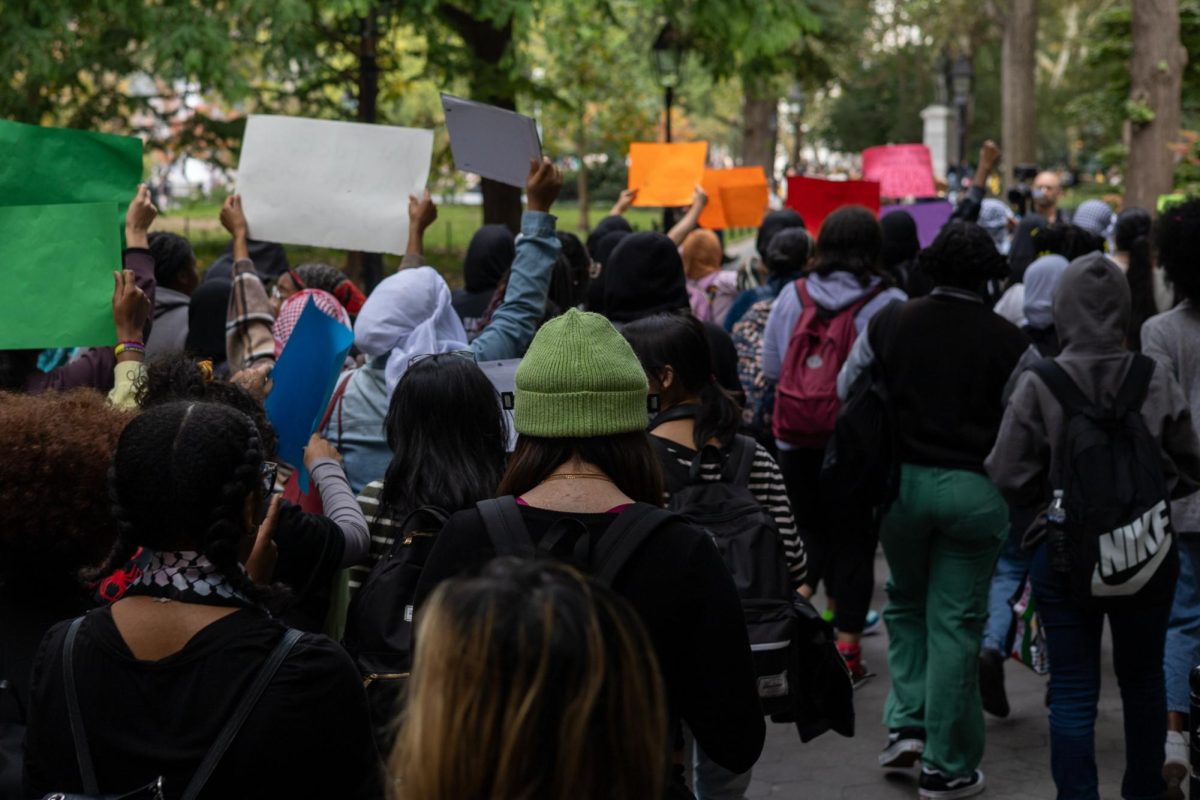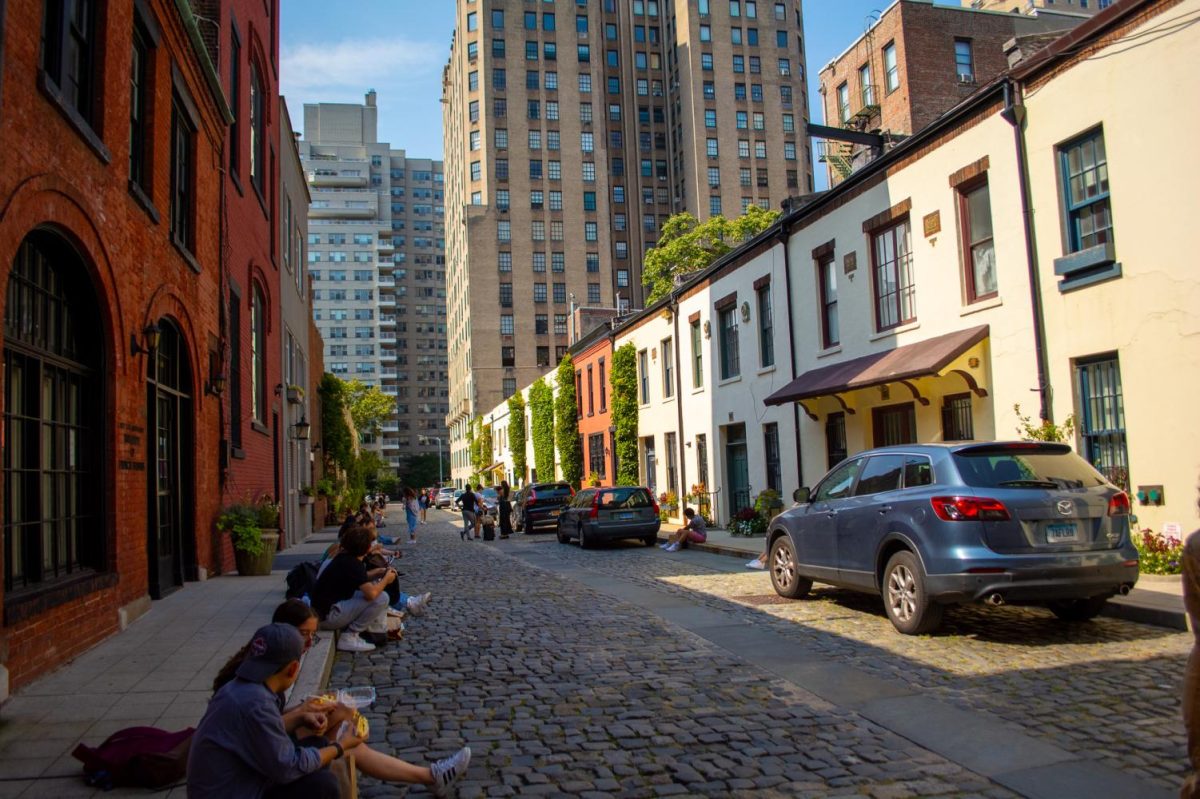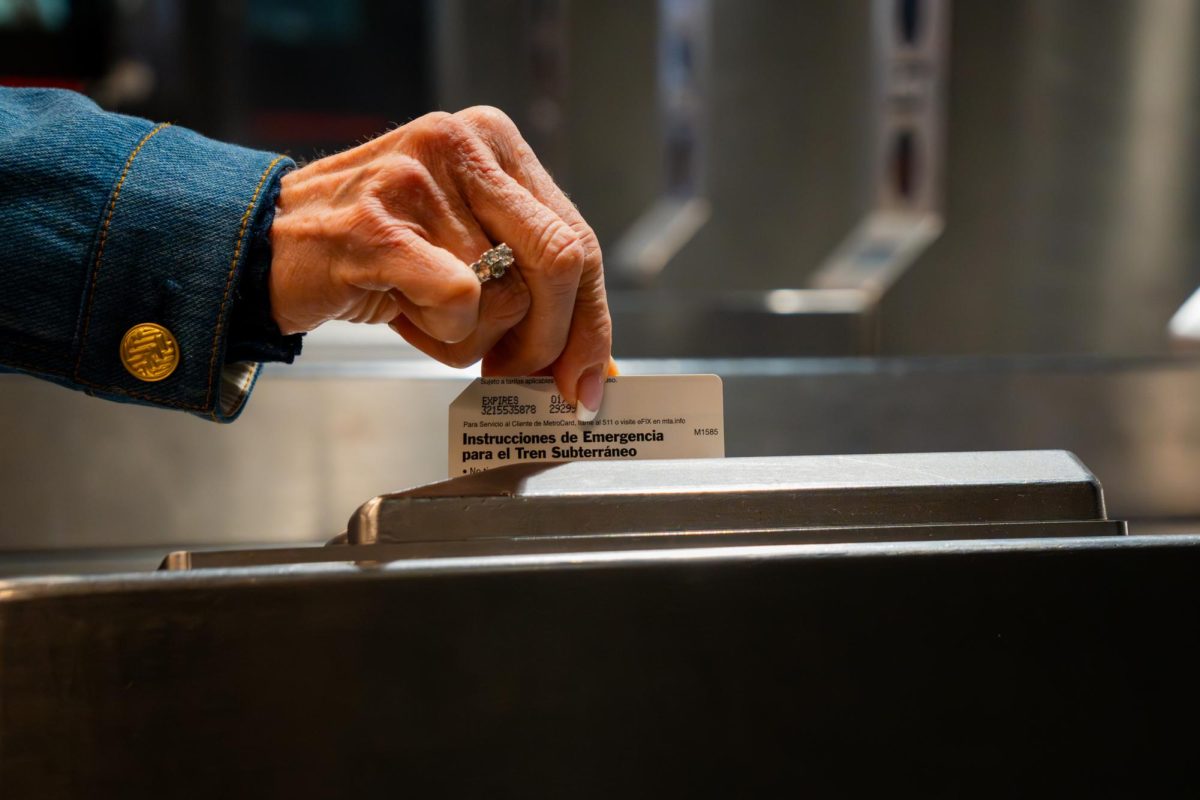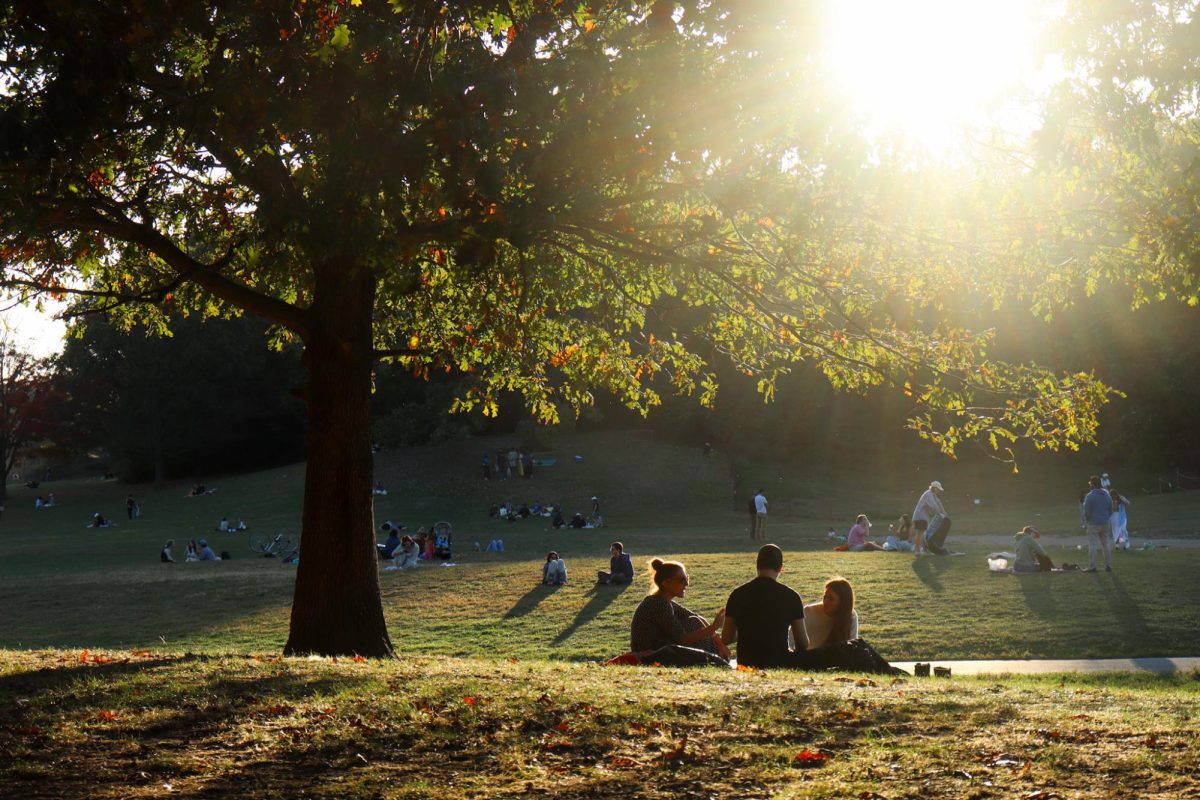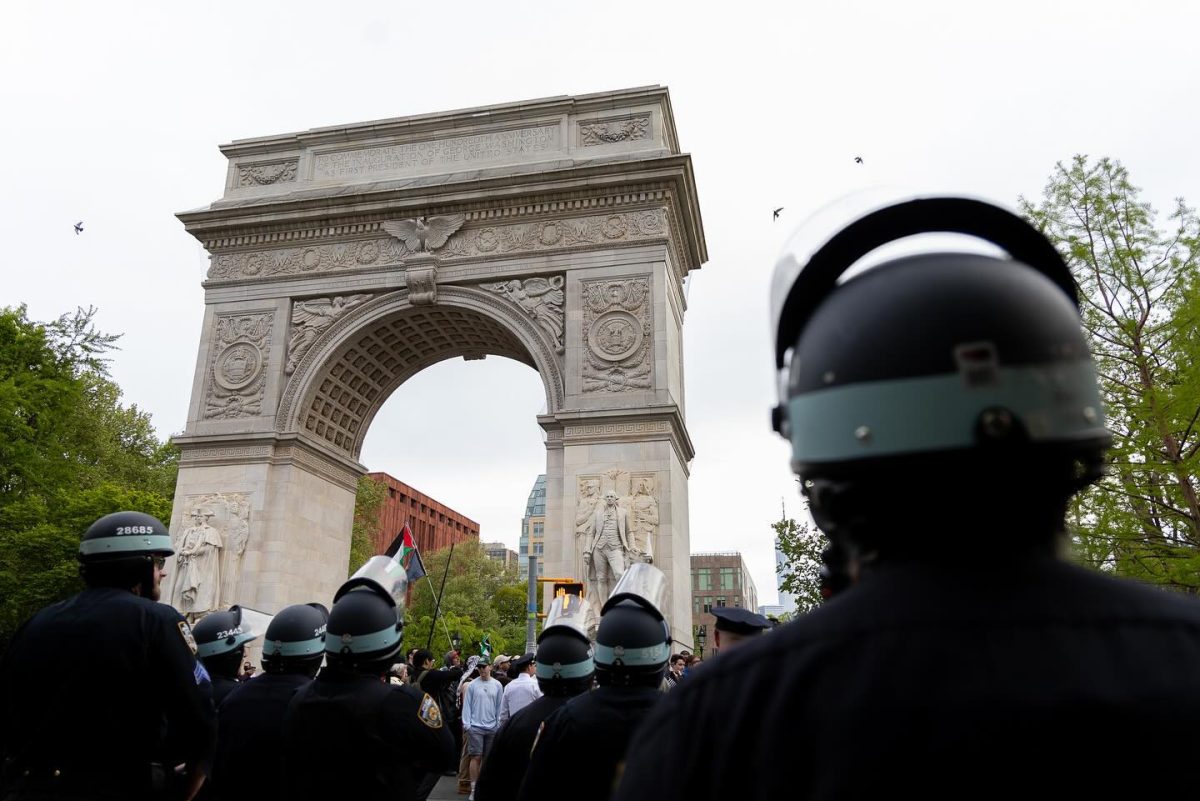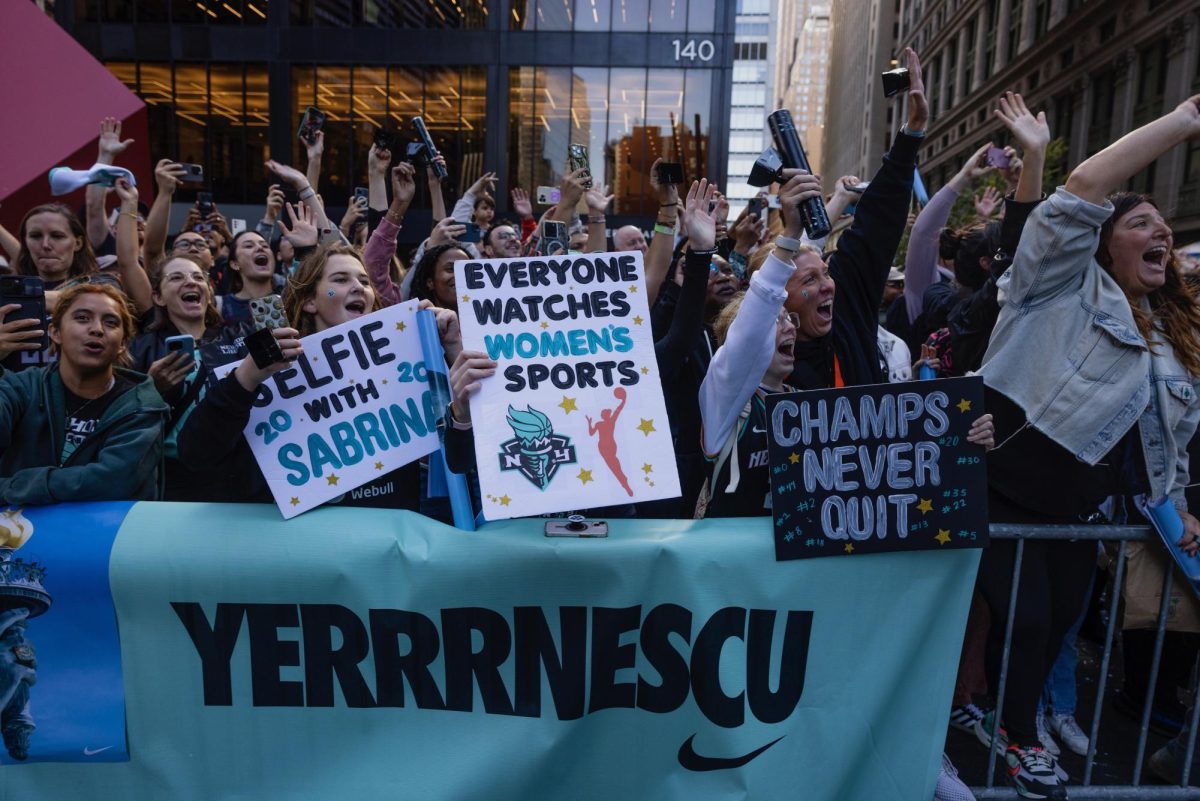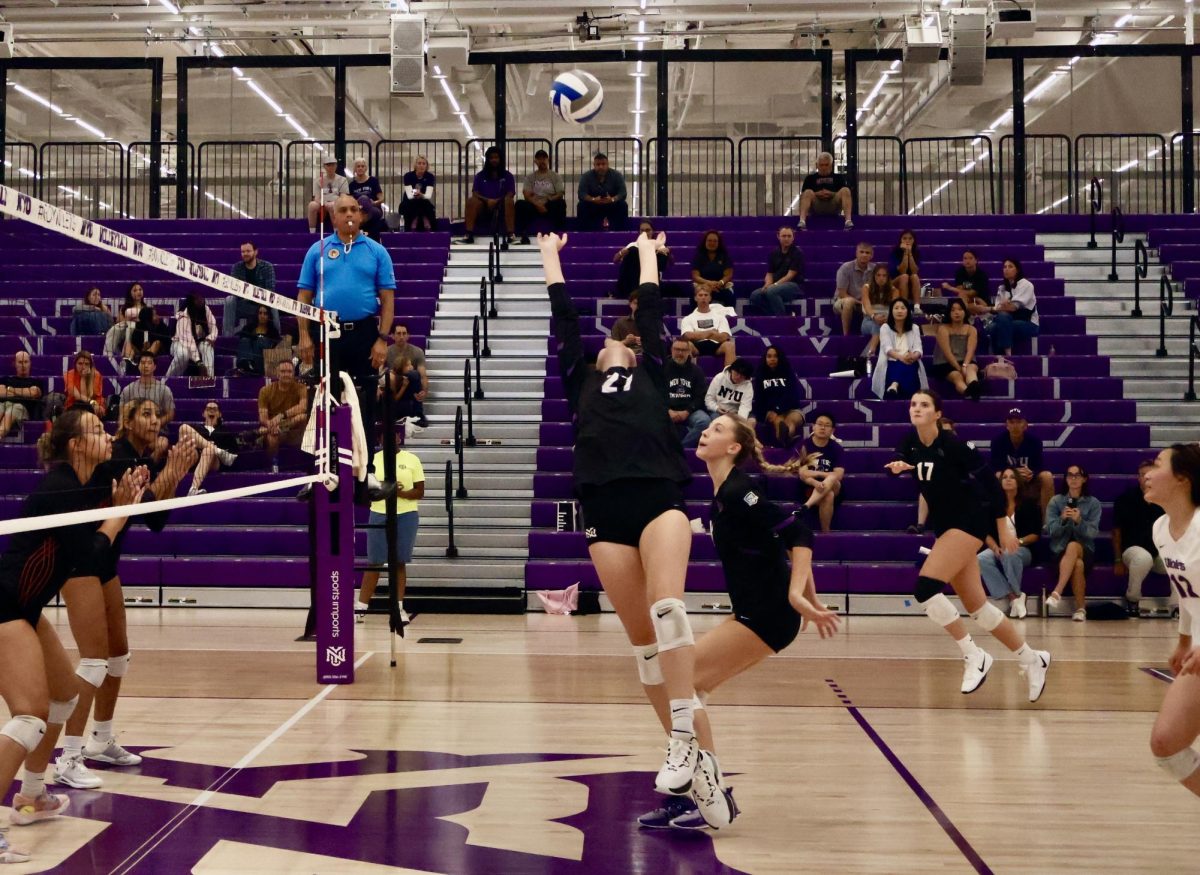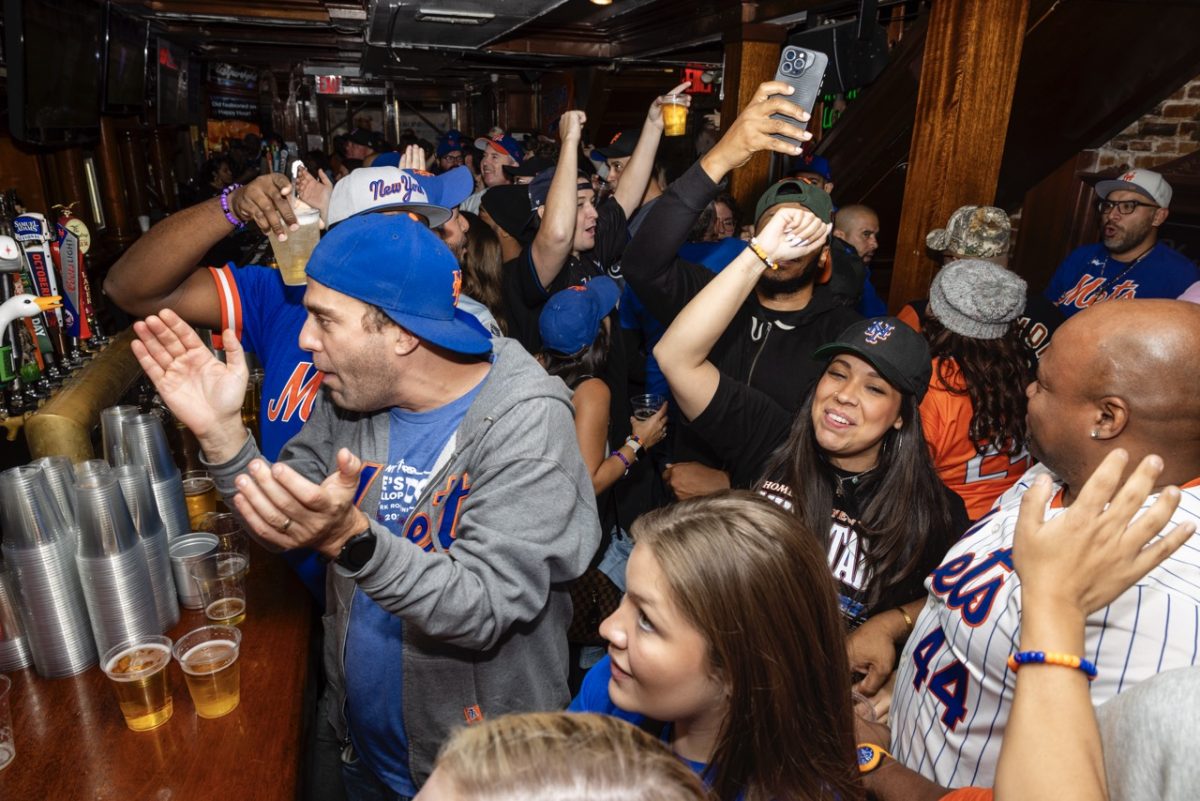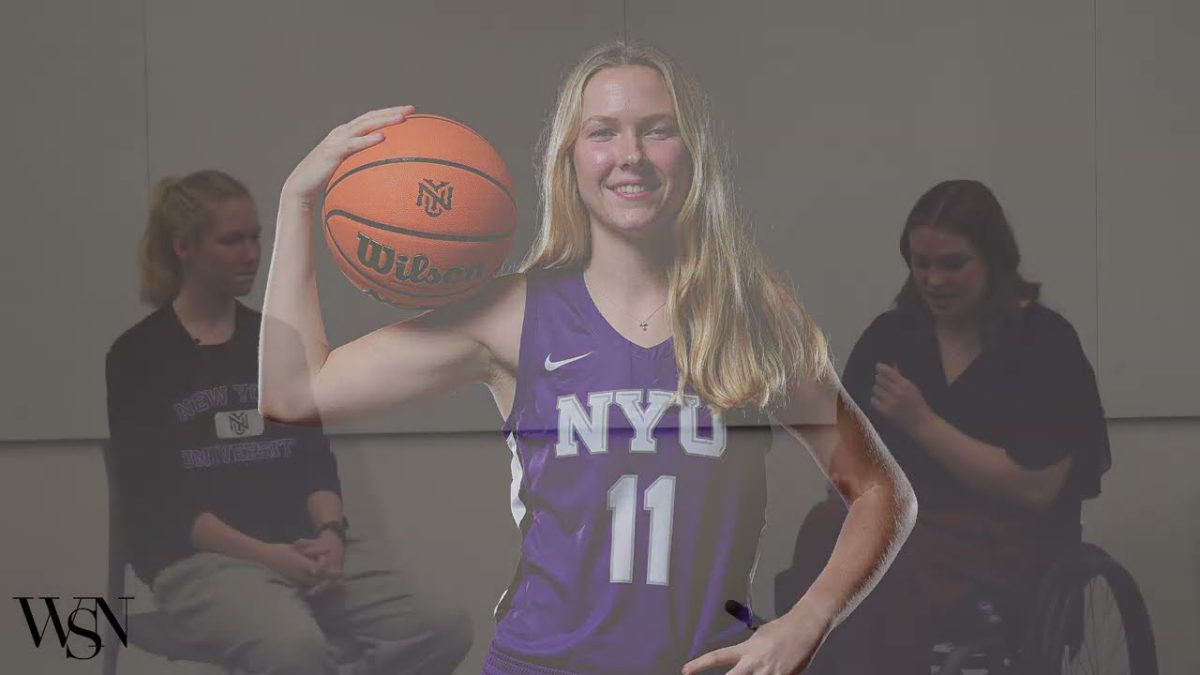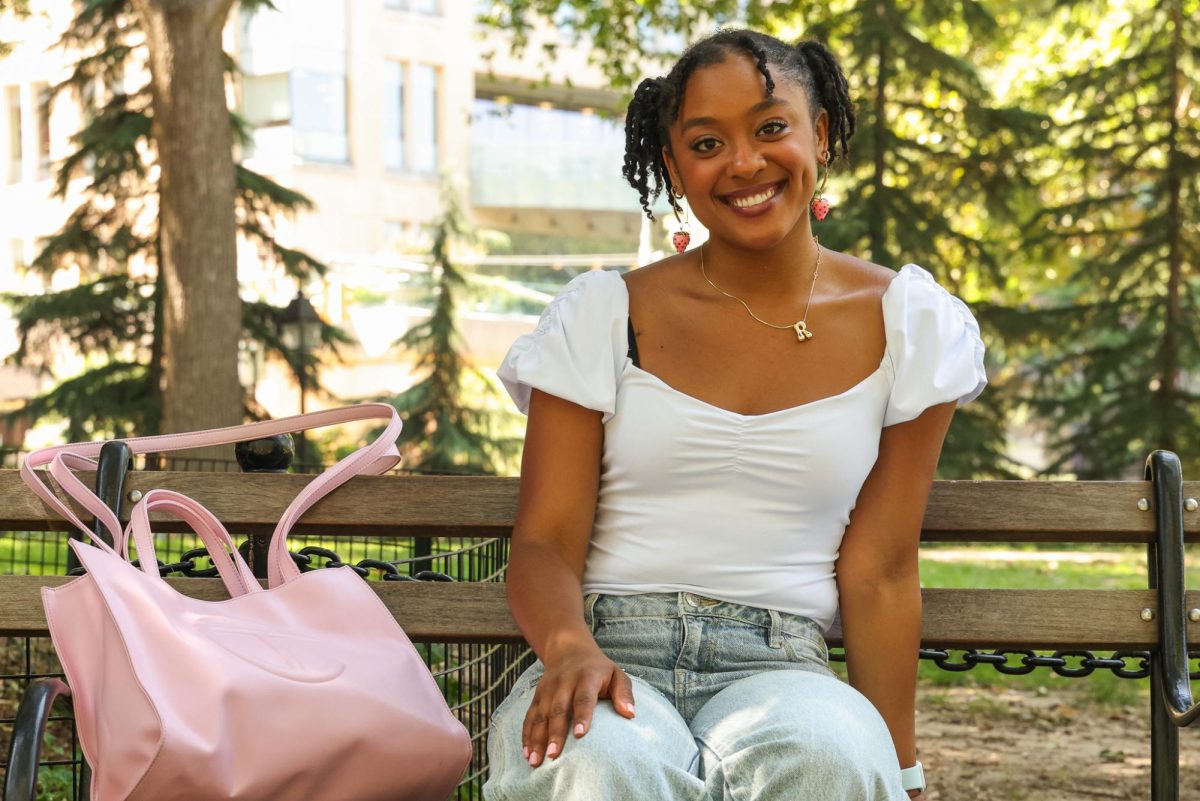Most NYU students haven’t received the bivalent booster, WSN survey finds
As NYU eases its COVID-19 requirements, most students are opting out of getting a second booster shot.
Only 40% of NYU students have received a second COVID-19 booster shot, according to a survey conducted by WSN. (Illustration by Manasa Gudavalli)
February 7, 2023
NYU’s COVID-19 regulations are at their least restrictive since they were first put into place in March 2020. At the same time, according to a WSN survey of 105 students, most have not yet received the bivalent COVID-19 booster — the latest line of defense against the virus.
Out of those surveyed, 40% had received the bivalent booster shot, and another 11.4% said they planned to get the vaccine. The most common reason students cited for getting the new booster was protecting their personal safety.
The percentage of NYU students who have received the bivalent booster is far higher than New York City’s 14%. Despite the higher vaccination rate, however, many students said they had not yet received the shot due to fear of potential side effects, busy schedules or a simple lack of motivation.
NYU sophomore Shoyo Kuwayama said that he has not received the booster because of the side effects he experienced with previous doses of the vaccine.
“When I took the first booster shot, which was required by NYU, I had a [101-degree] fever,” Kuwayama said. “That made me not able to function — meaning to do work or go out with my friends, for a day and a half — and that’s quite a big risk.”
Compared to other doses of the COVID-19 vaccine, the updated booster is reported to cause fewer side effects.
Other students said they think the bivalent booster is unnecessary because the COVID-19 infection rate in New York is decreasing. Hospitalization rates for New York residents between the ages of 18 and 29, the range that includes most NYU students, in late January were also low — 1.7% as compared to 20.4% at the same time last year.
In a Centers for Disease Control and Prevention study of eligible adults, nearly 10% of those surveyed who had not received the bivalent booster cited an inability to get time off of work as their reason for not doing so.
The university currently mandates one COVID-19 booster shot, but recommends getting the bivalent dose as well. The only major university in New York City that currently requires the new booster is Fordham University.
In its most recent campus health update, NYU declared that on-campus testing will soon cease. The short-lived Violet Go pass will also no longer be required of students as of Saturday, Feb. 11.
Since the start of the fall 2022 semester, the university has enforced vaccination compliance by requiring Violet Go, a digital pass that proves vaccination status, to enter NYU buildings and events. Violet Go is the more streamlined successor to the Daily Screener, which required students to complete a daily health questionnaire.
“Especially when it was cold, it was just hard to get your phone out of your pocket and it also increases the time to get inside the building,” Stern first-year Ansh Juthani said.
Currently, the university requires that eligible community members receive at least one COVID-19 booster shot, and that those who test positive for the virus isolate themselves and not enter NYU buildings while infectious.
The decision to eliminate Violet Go was made due to the high vaccination rate of the university community, according to spokesperson John Beckman. As of May 2022, 99% of all NYU students and faculty were fully vaccinated.
NYU will continue to enforce the vaccination mandate in other ways, he noted — including by de-enrolling students who are noncompliant.
“We believe NYU community members will be pleased not to have to show their Violet Go pass at the entry to buildings anymore, because it will help speed up lines to get into buildings and just generally reduce hassles,” Beckman said.
Beckman also said that NYU does not currently have plans to announce any other changes to its campus health policies.
Contact Hope Pisoni at [email protected].

